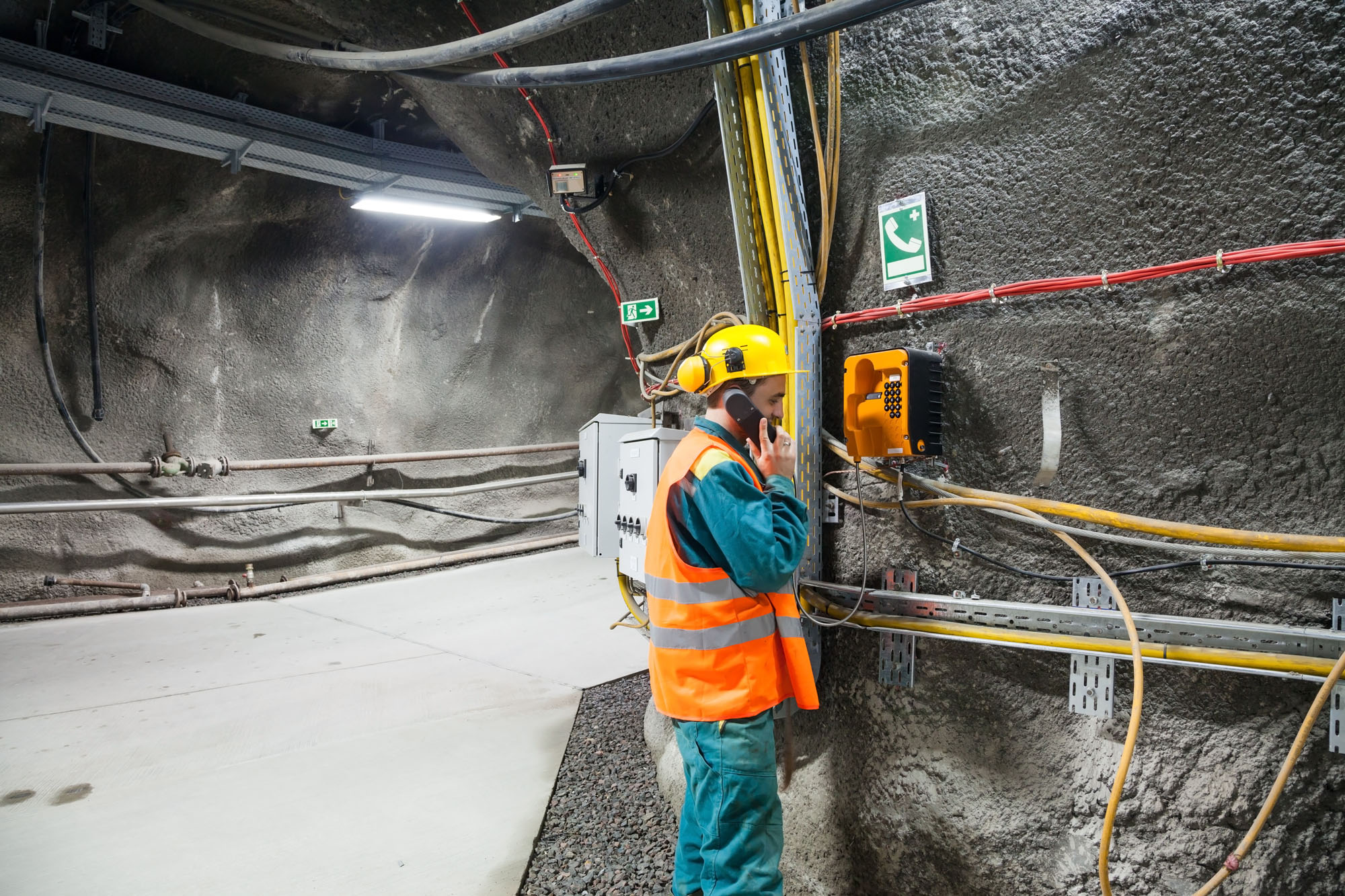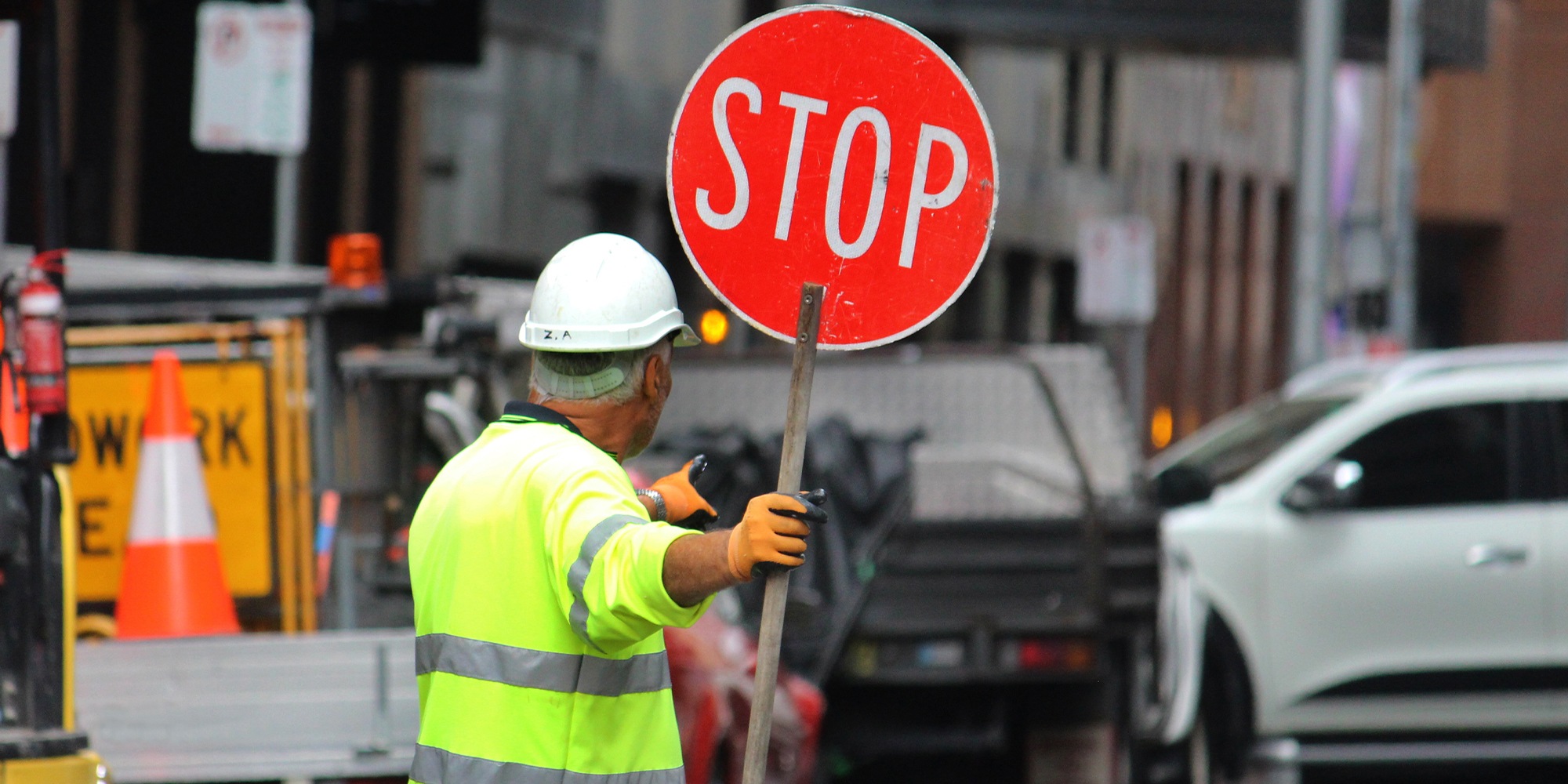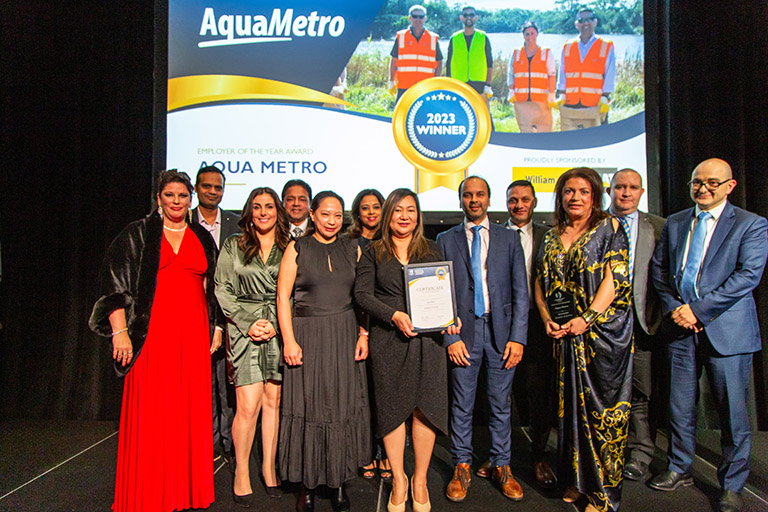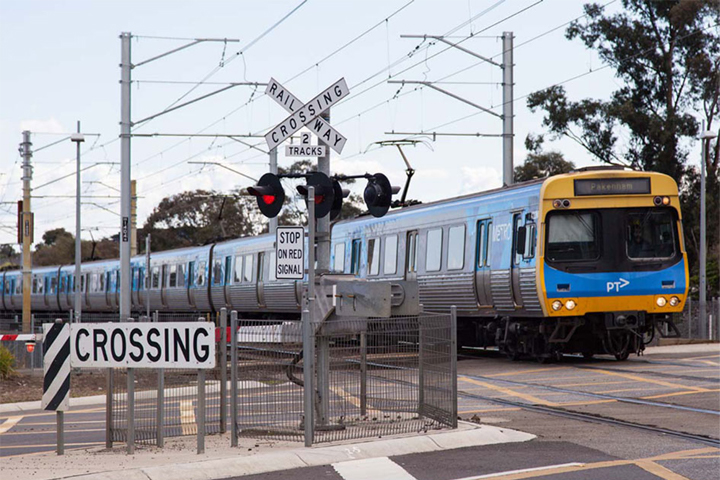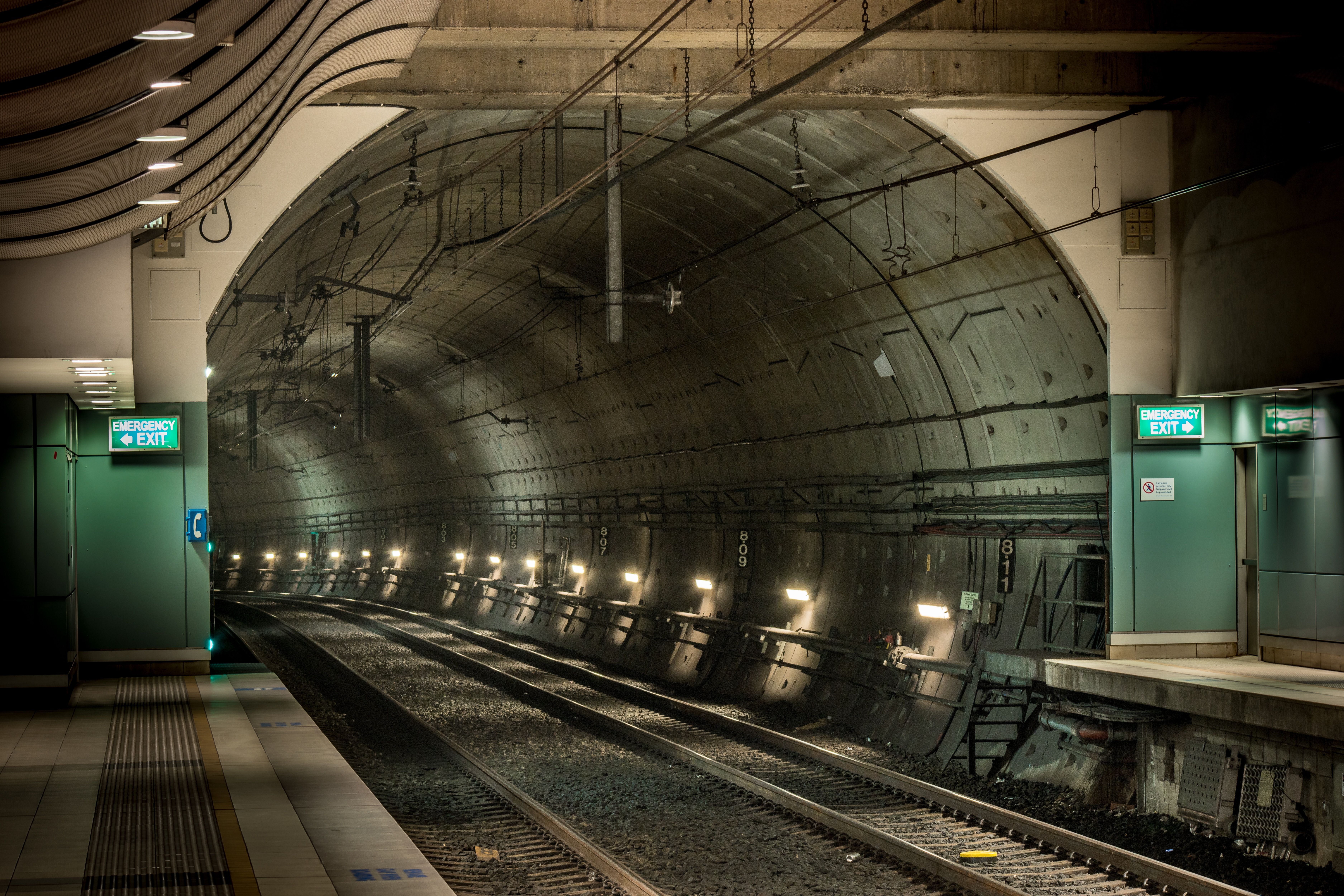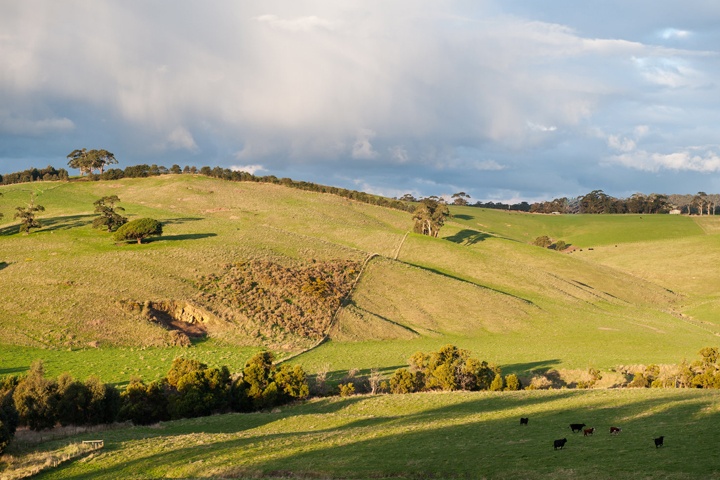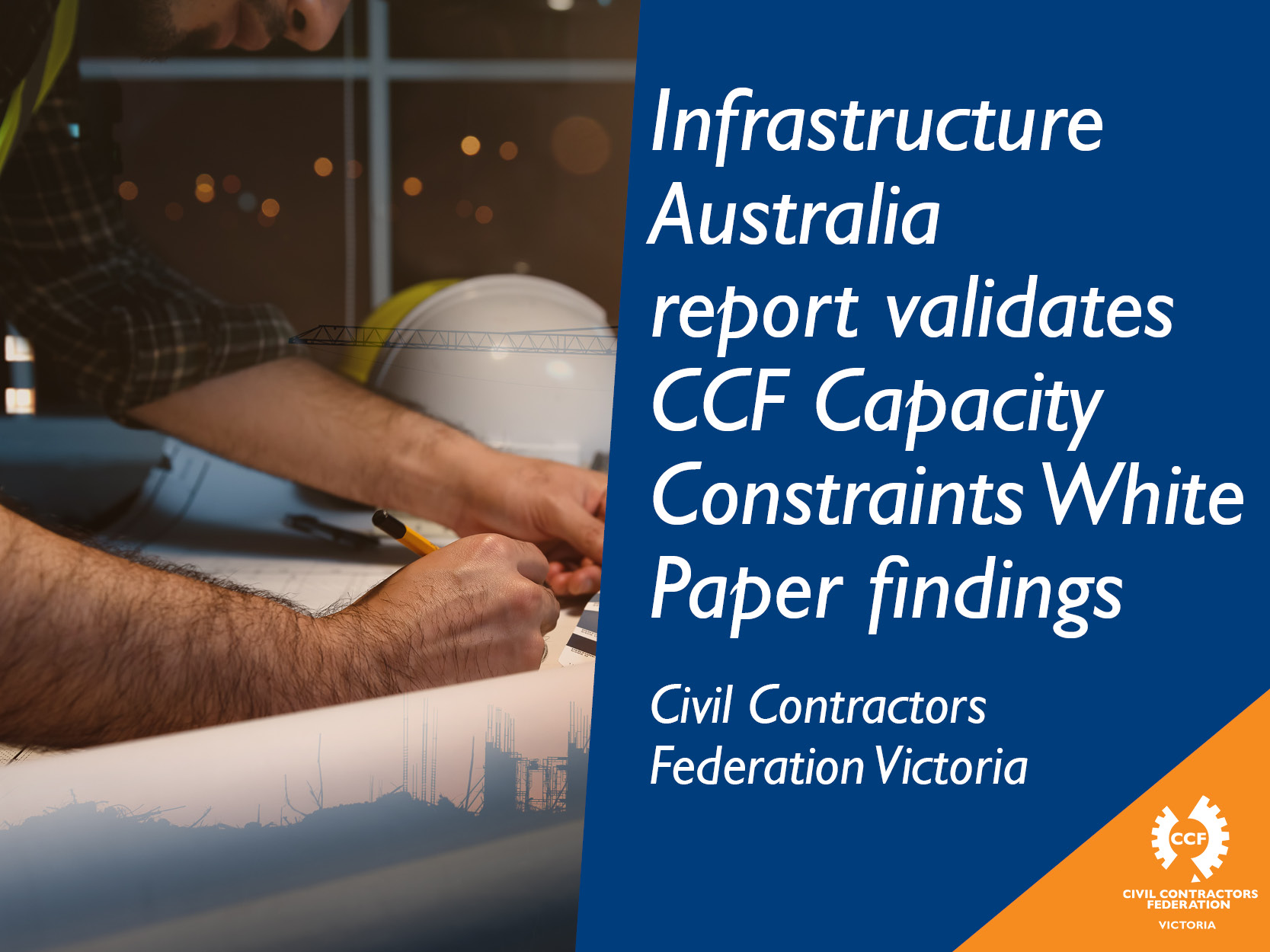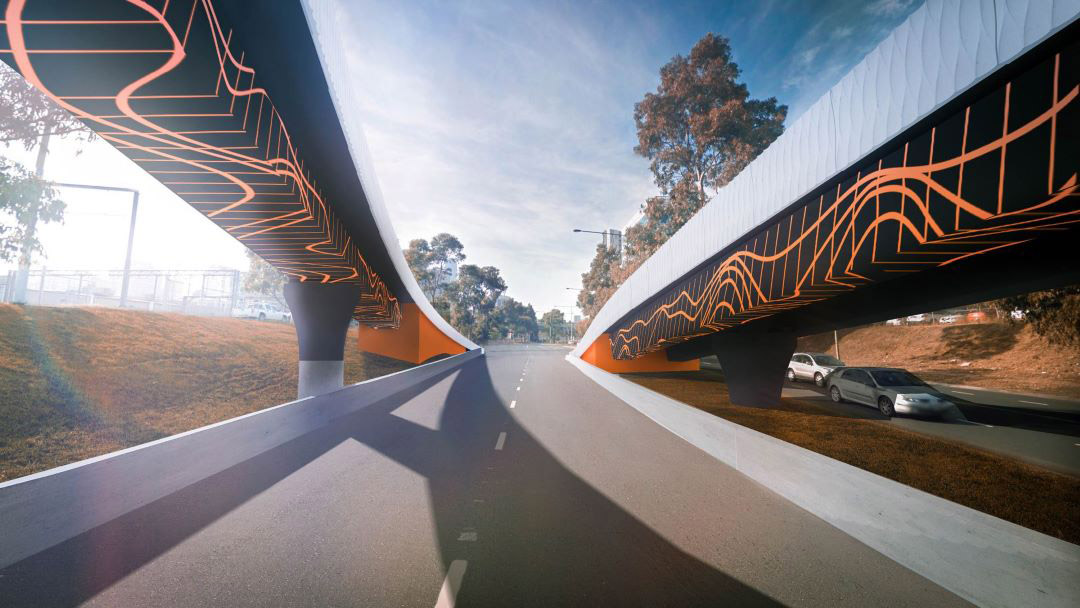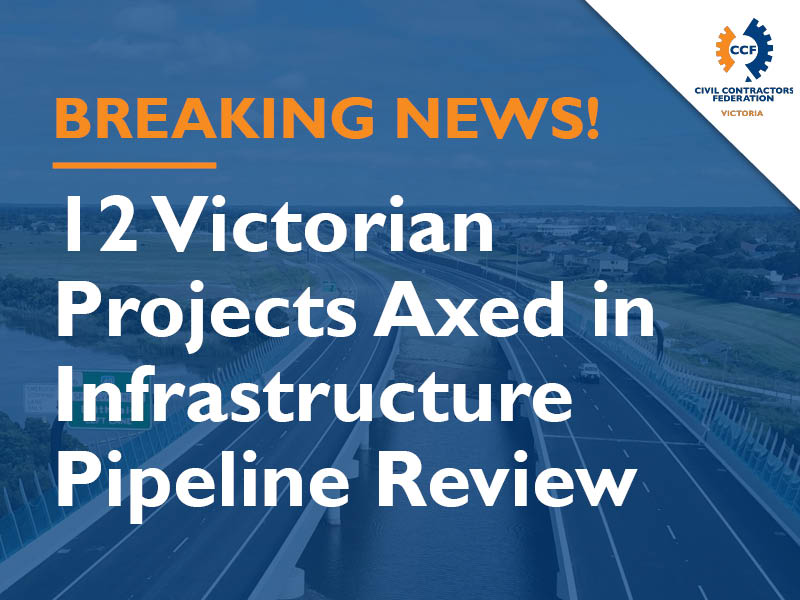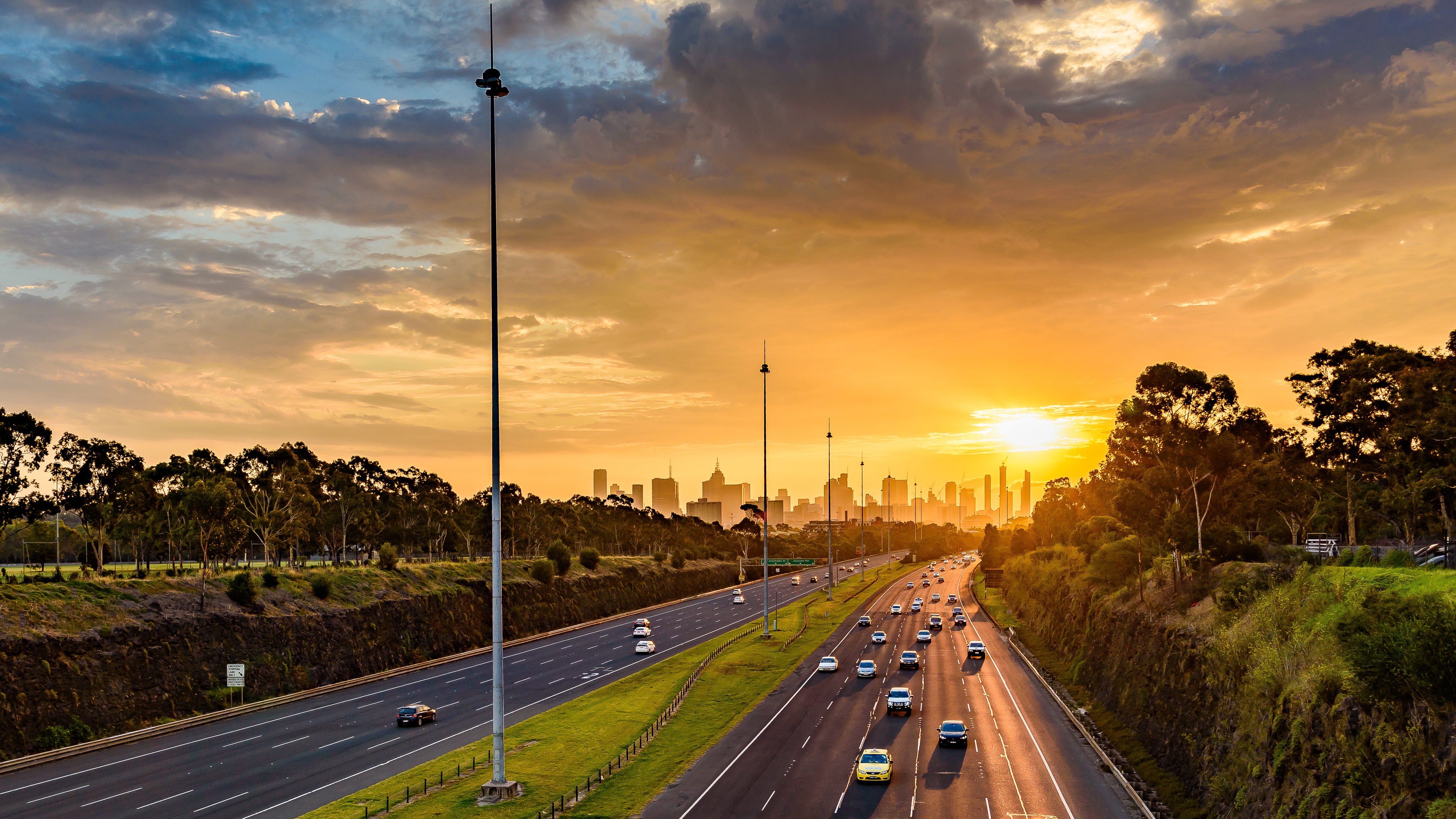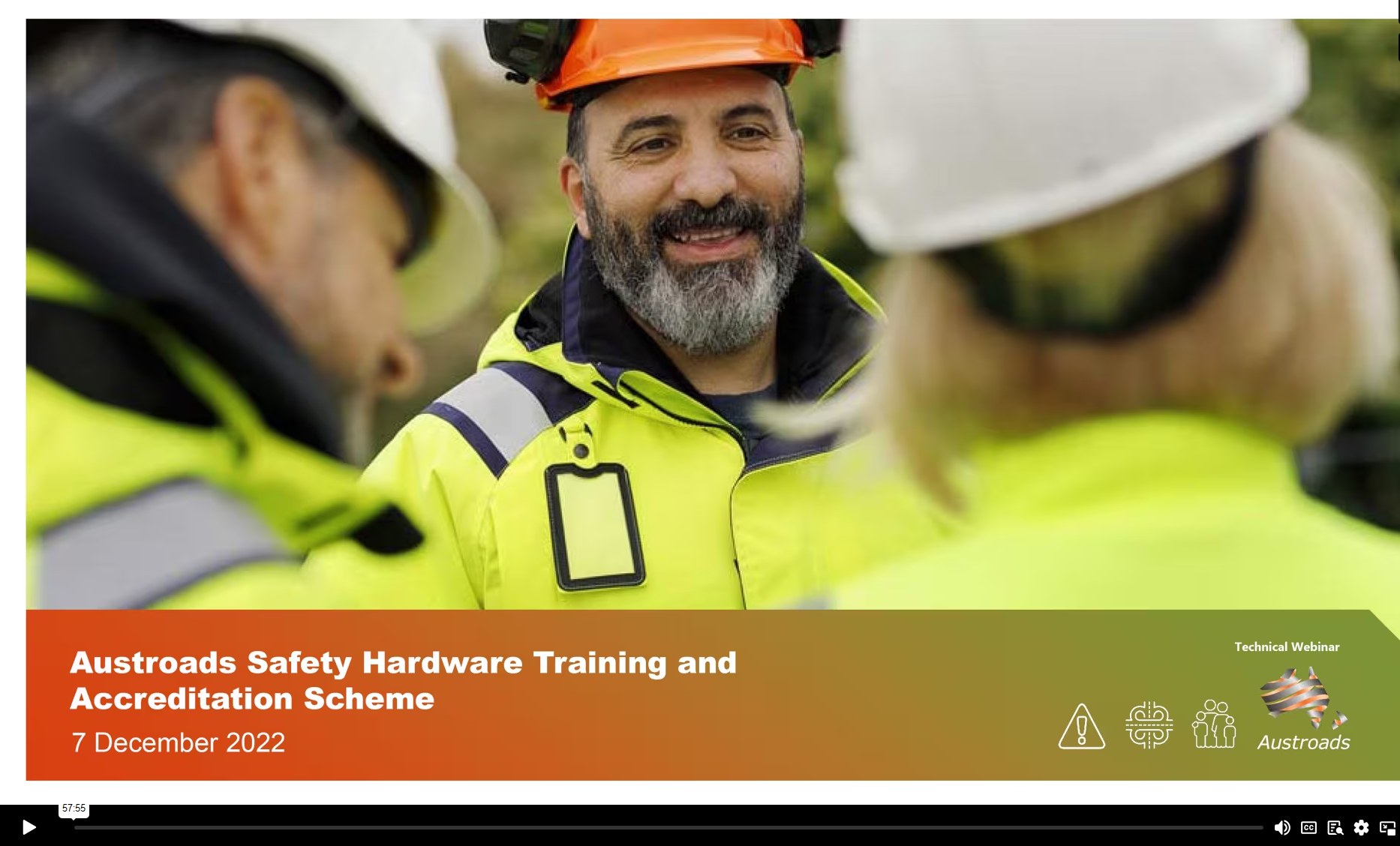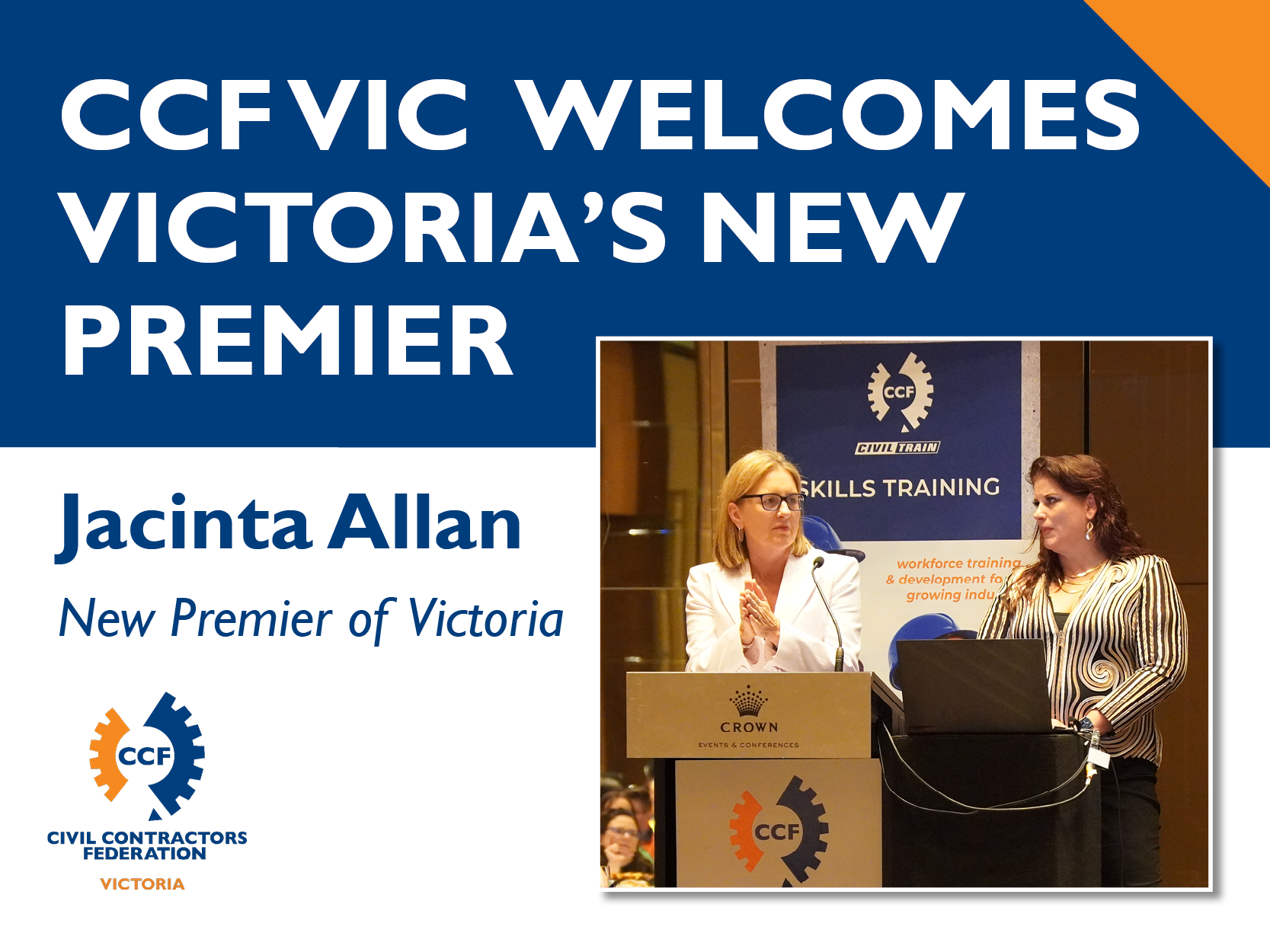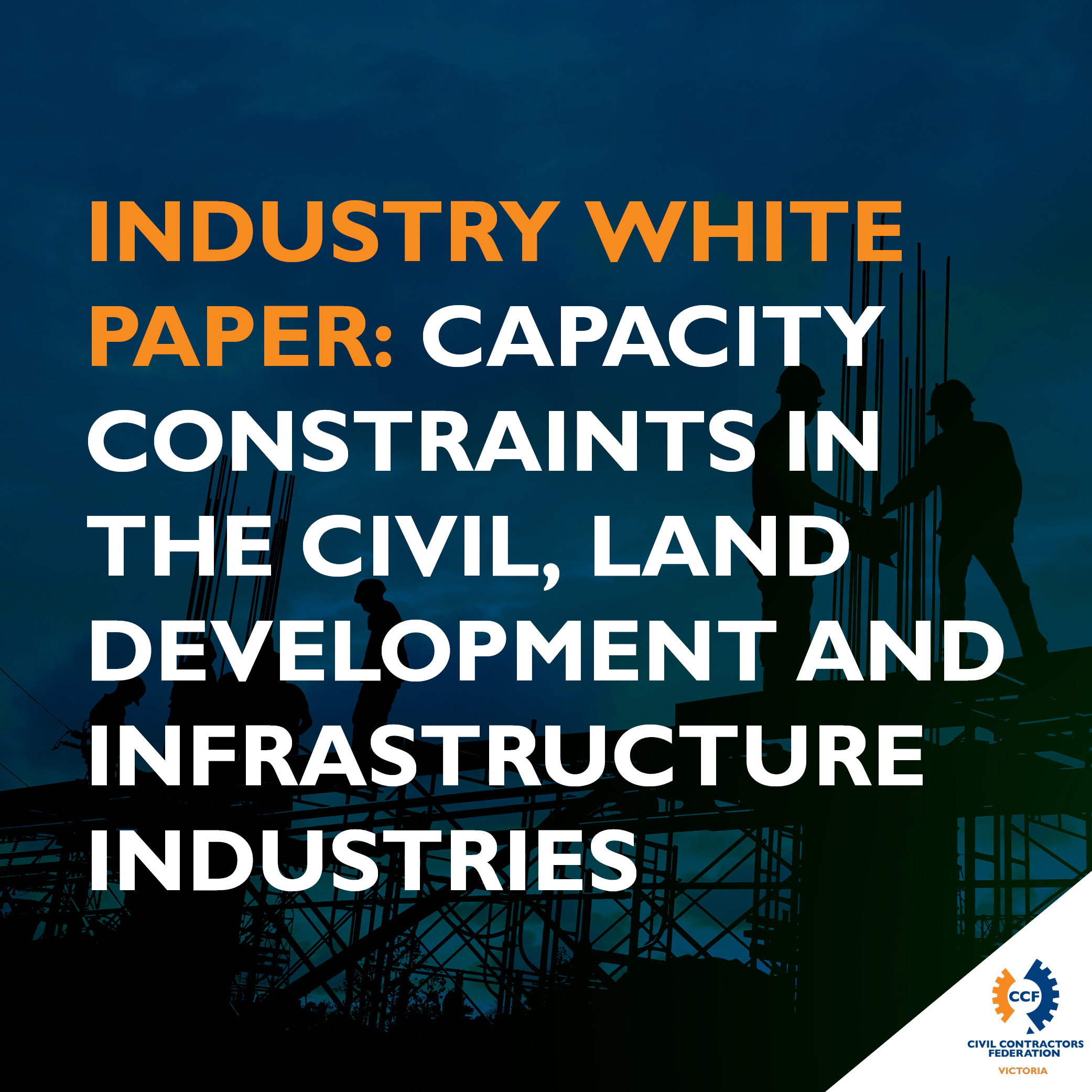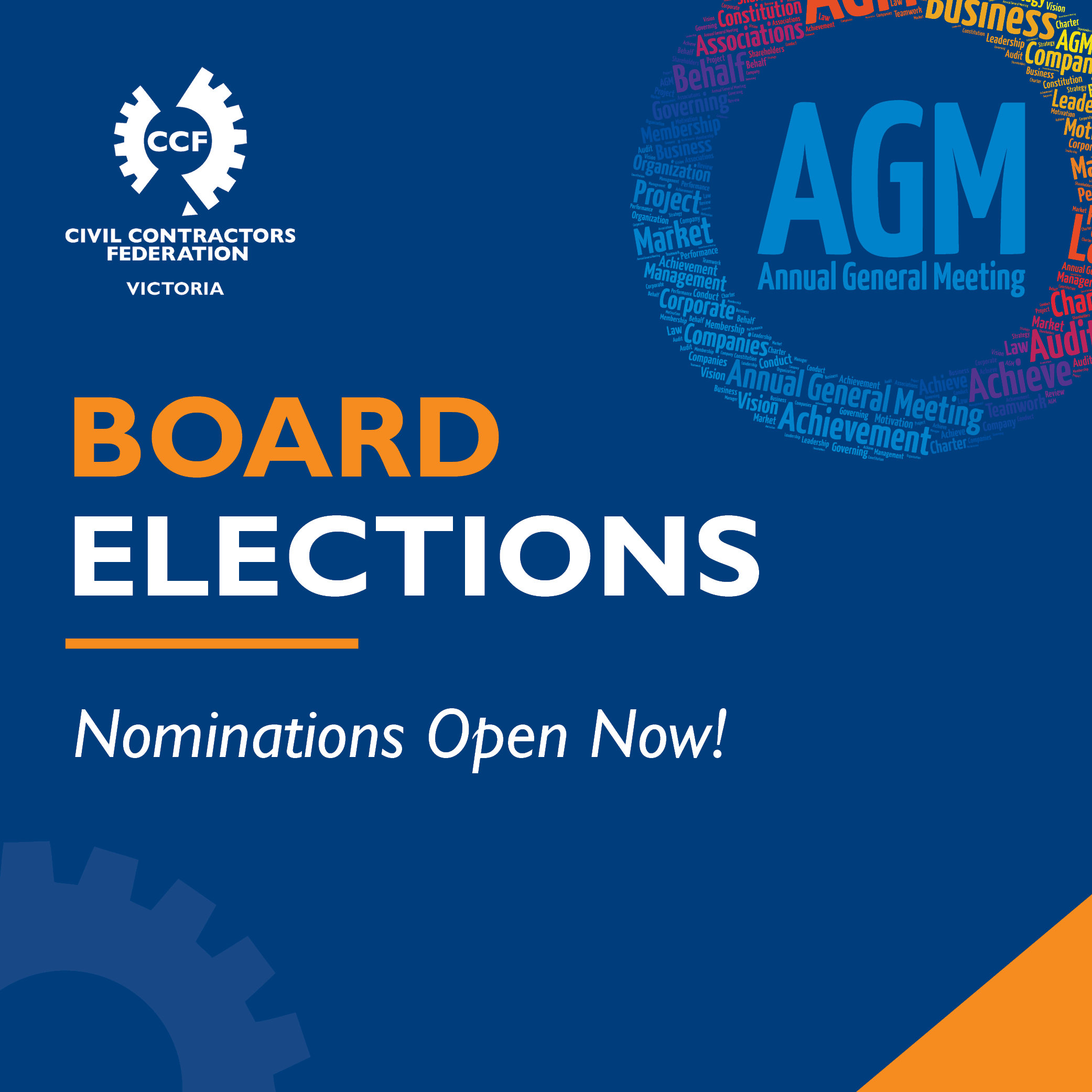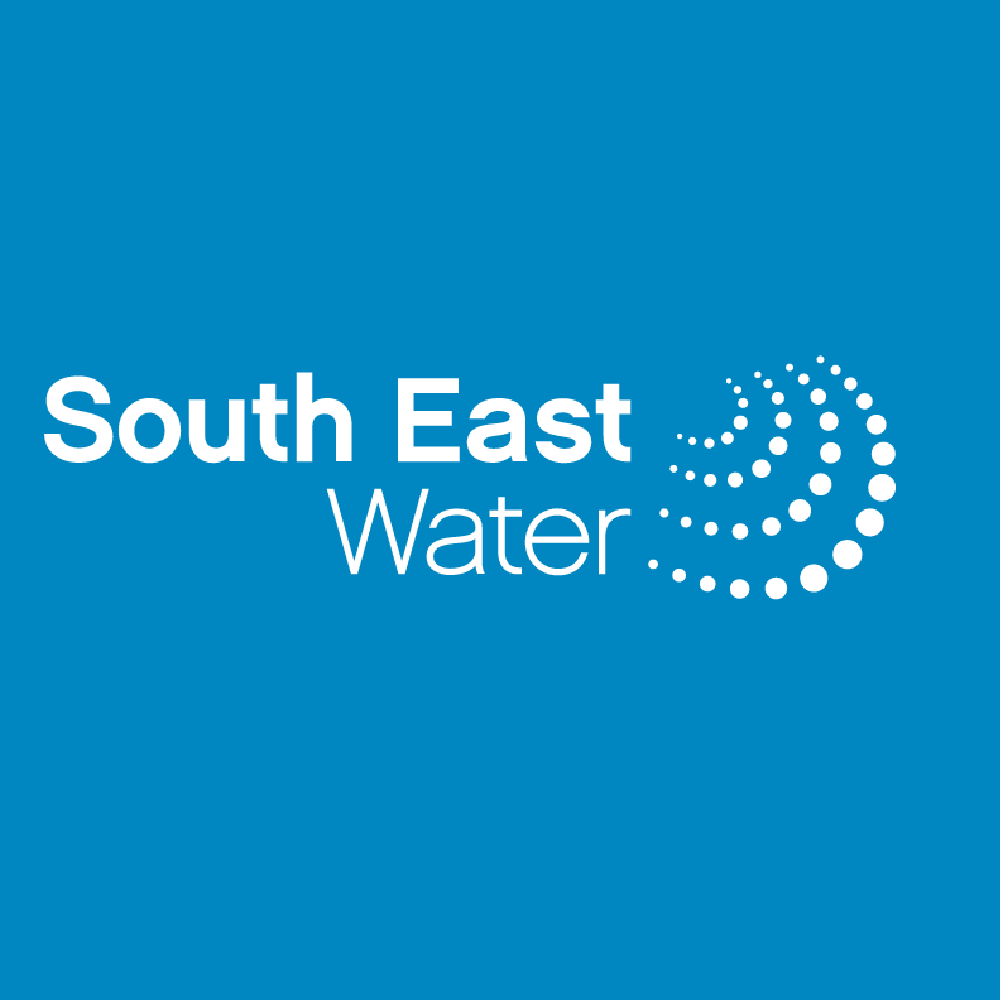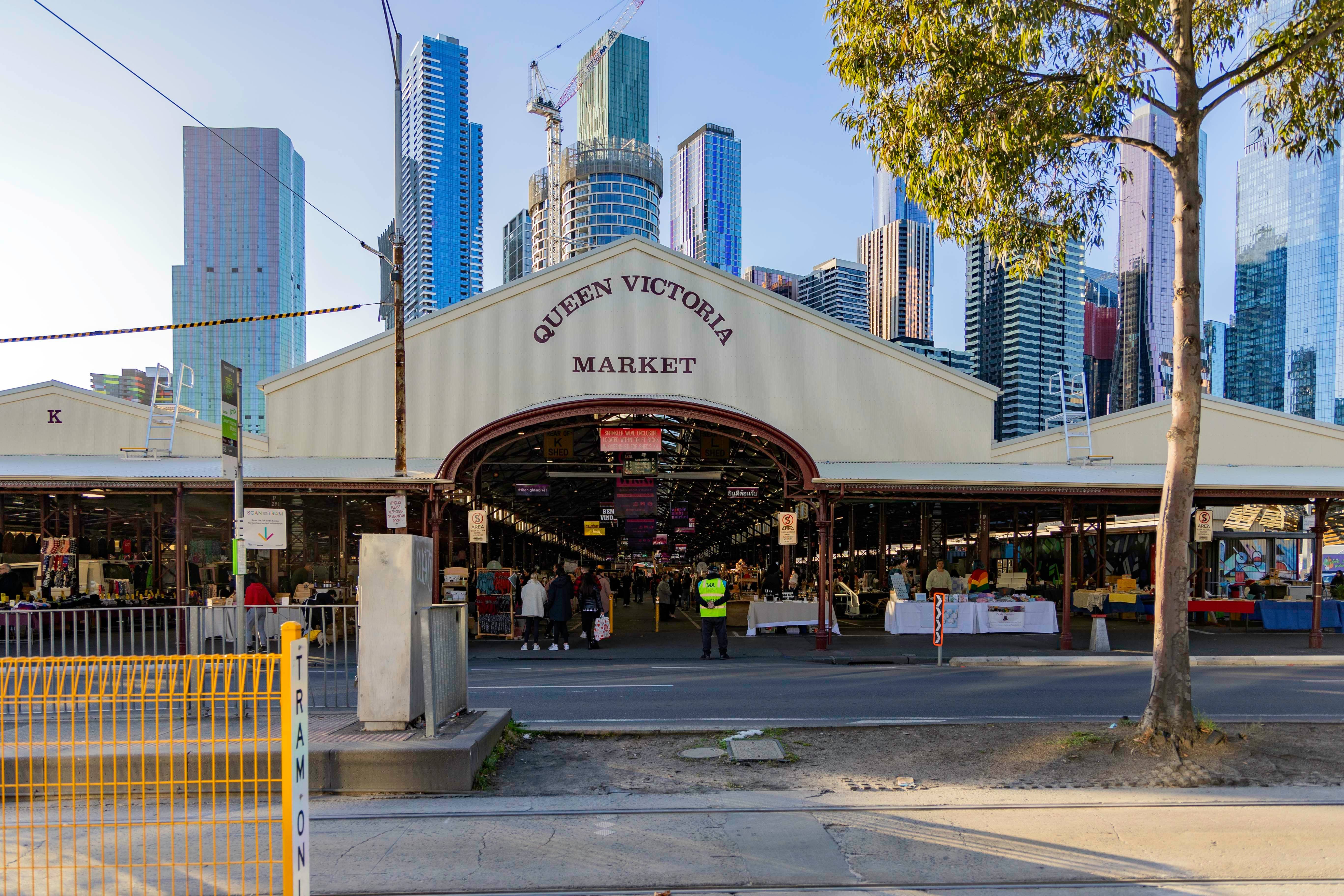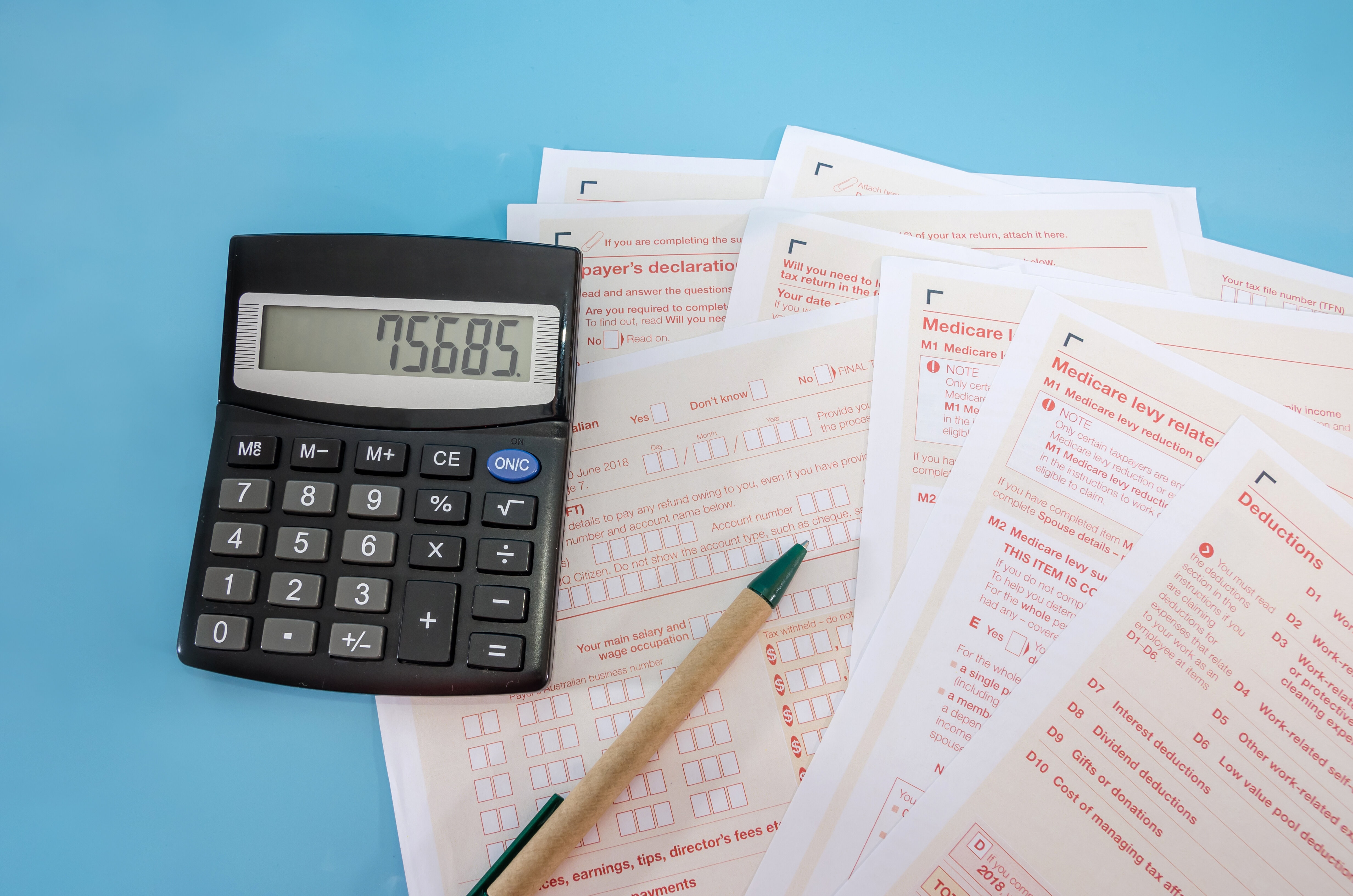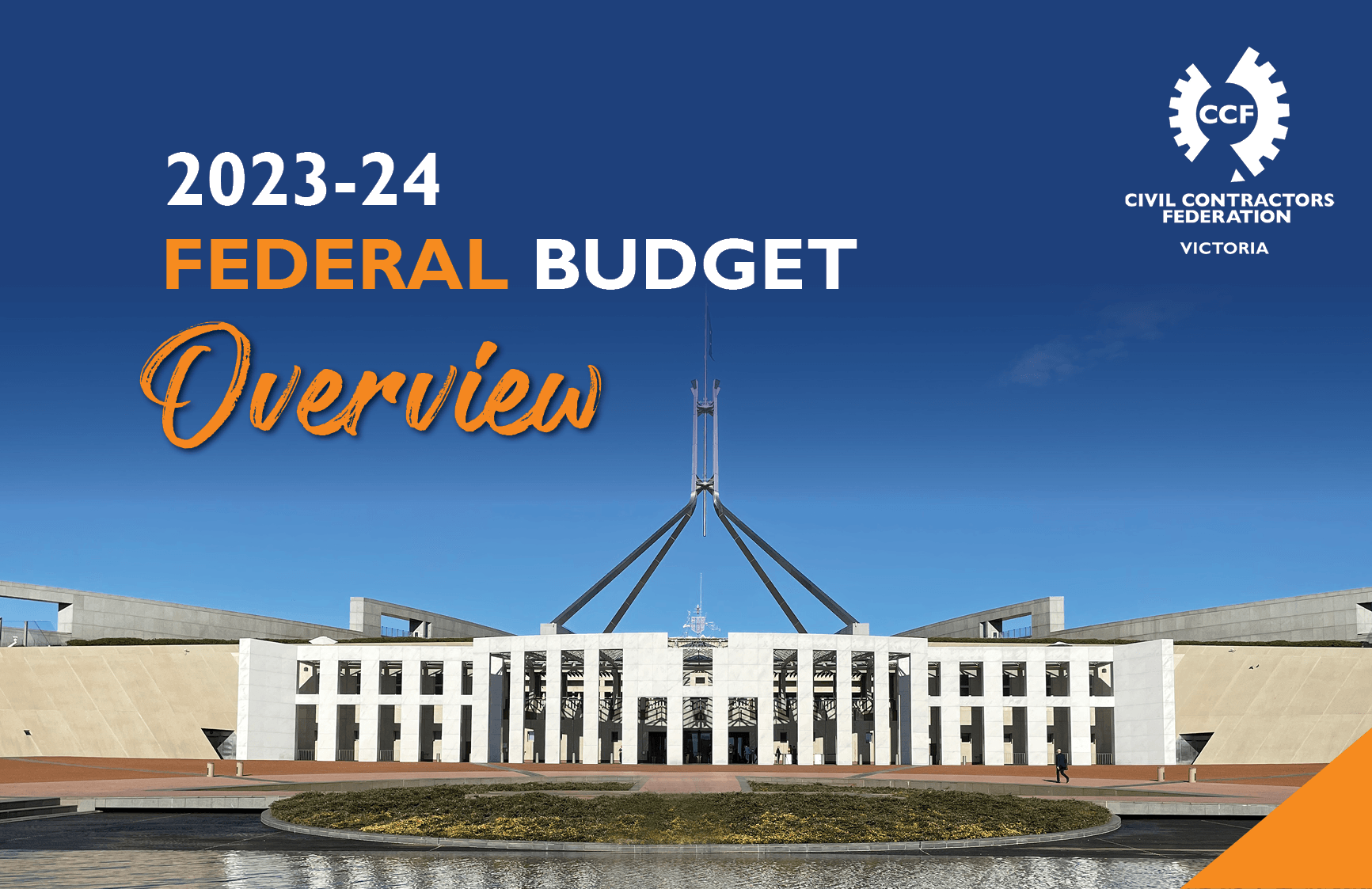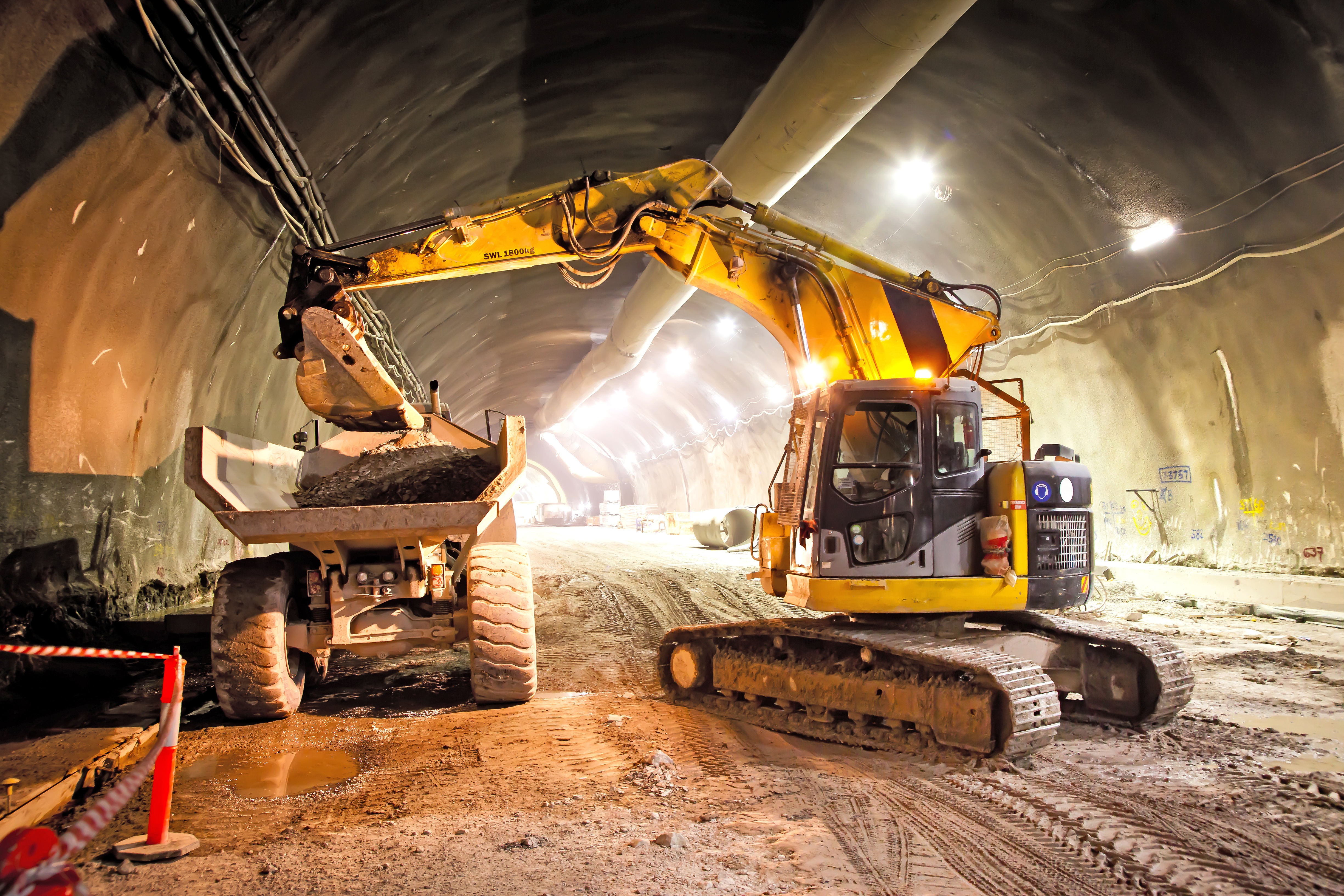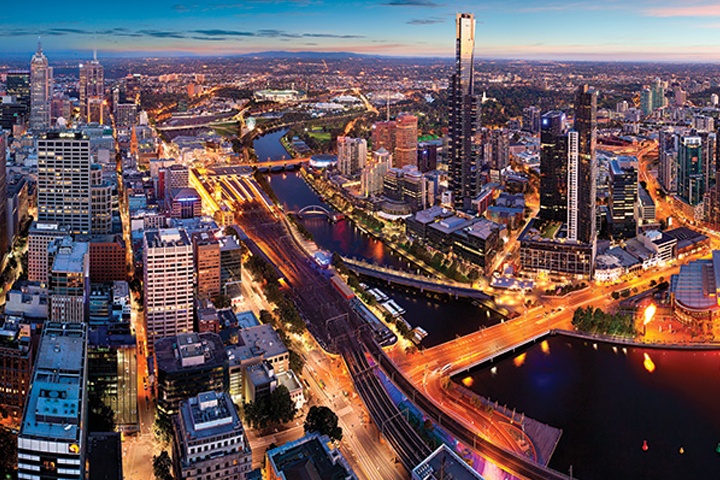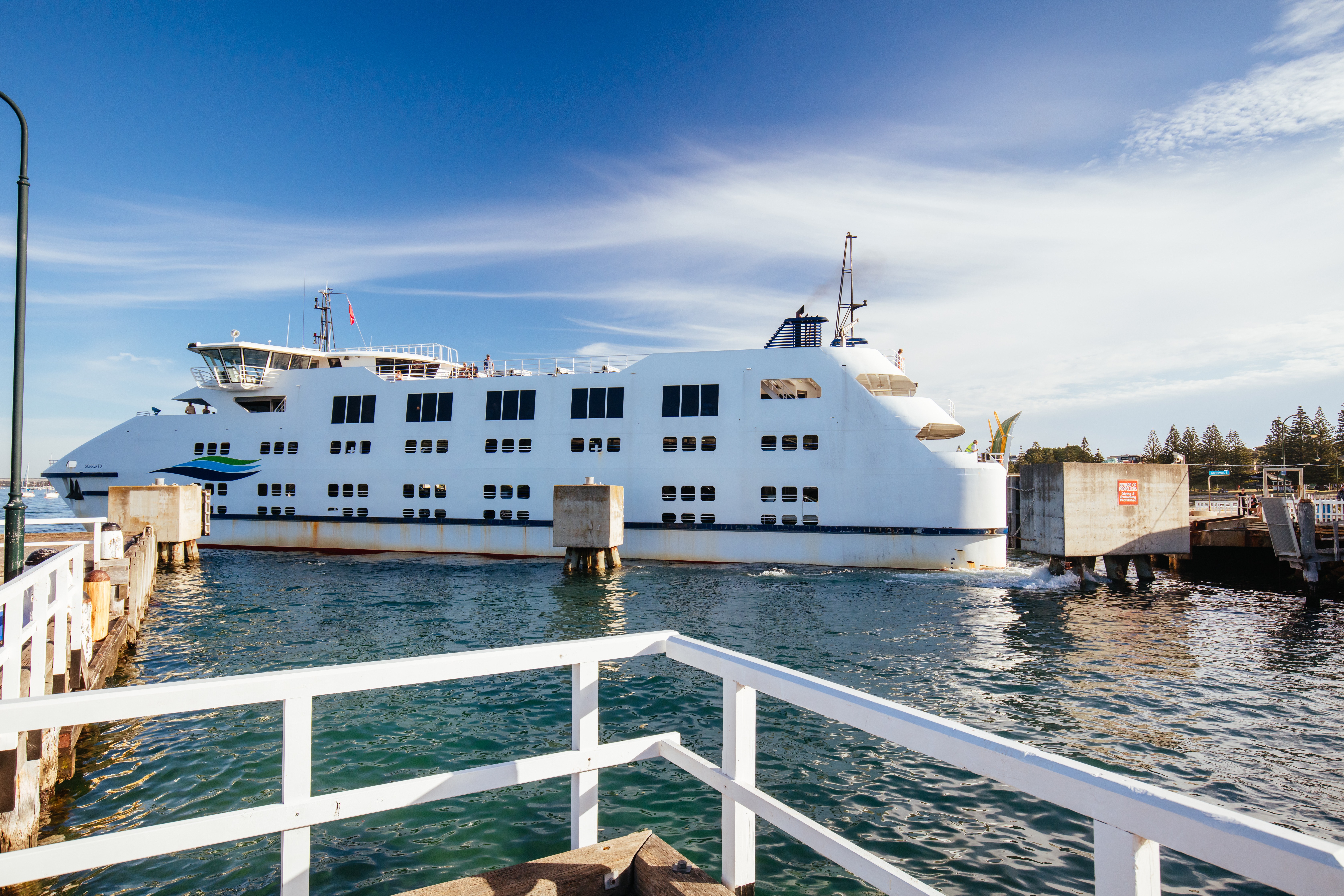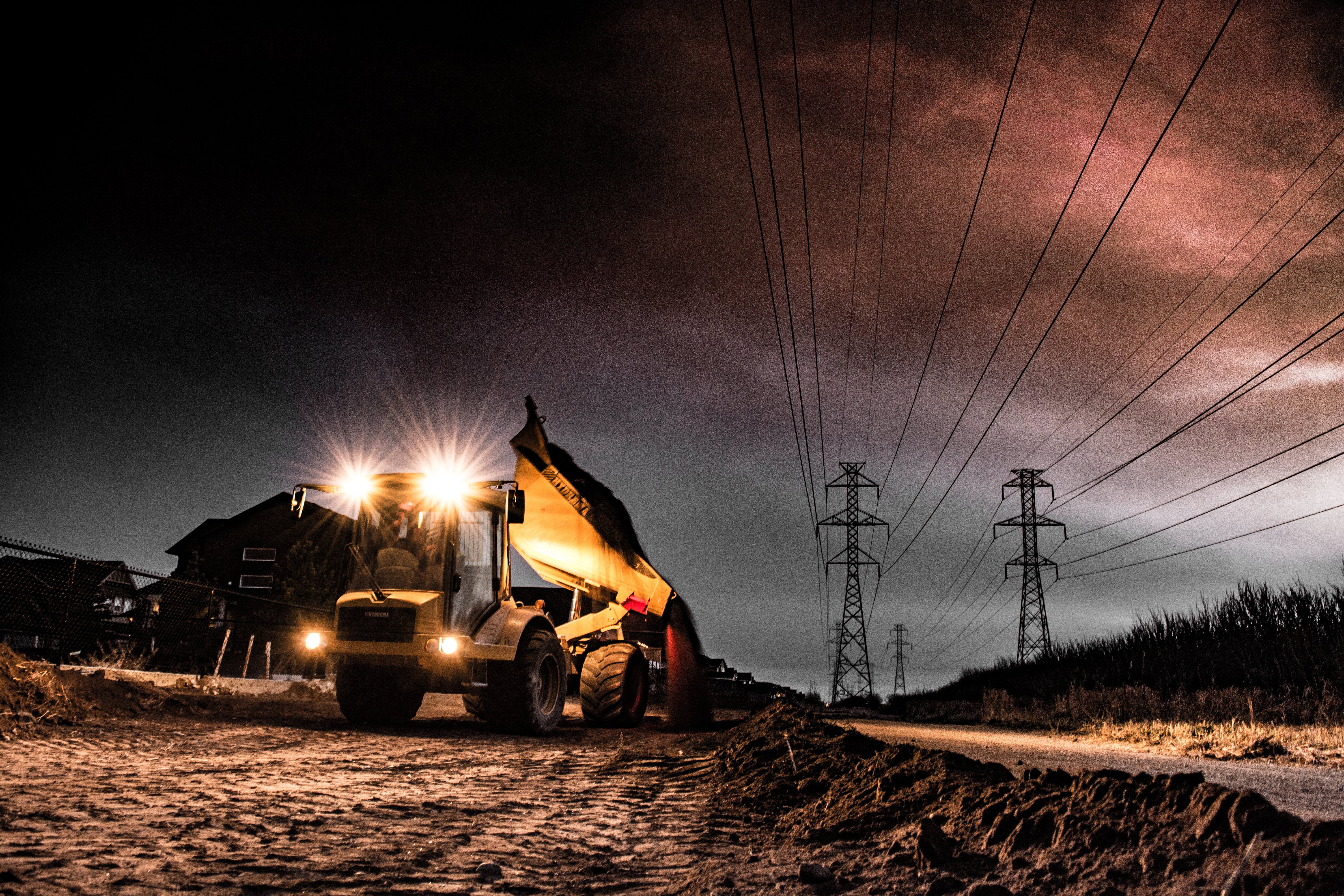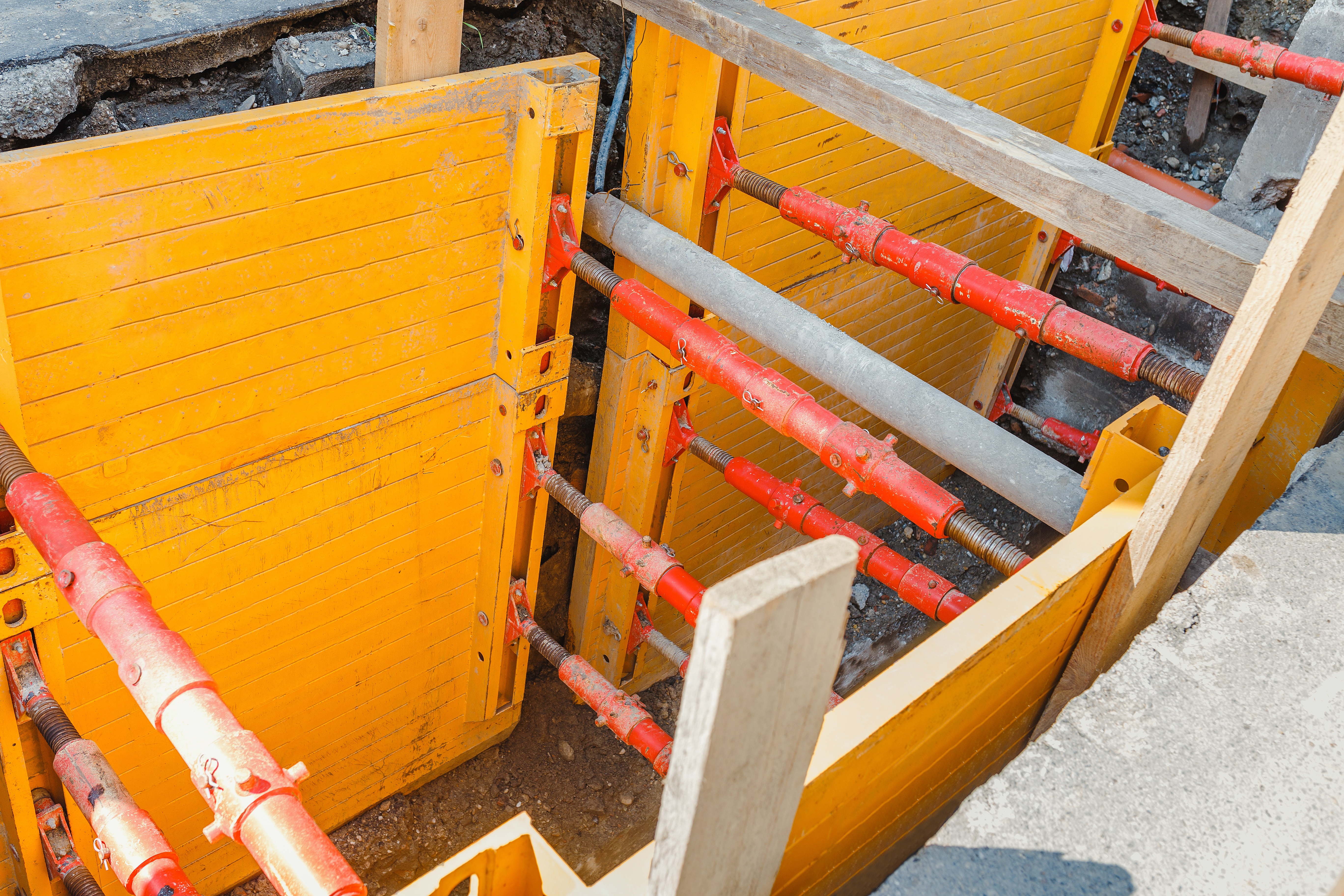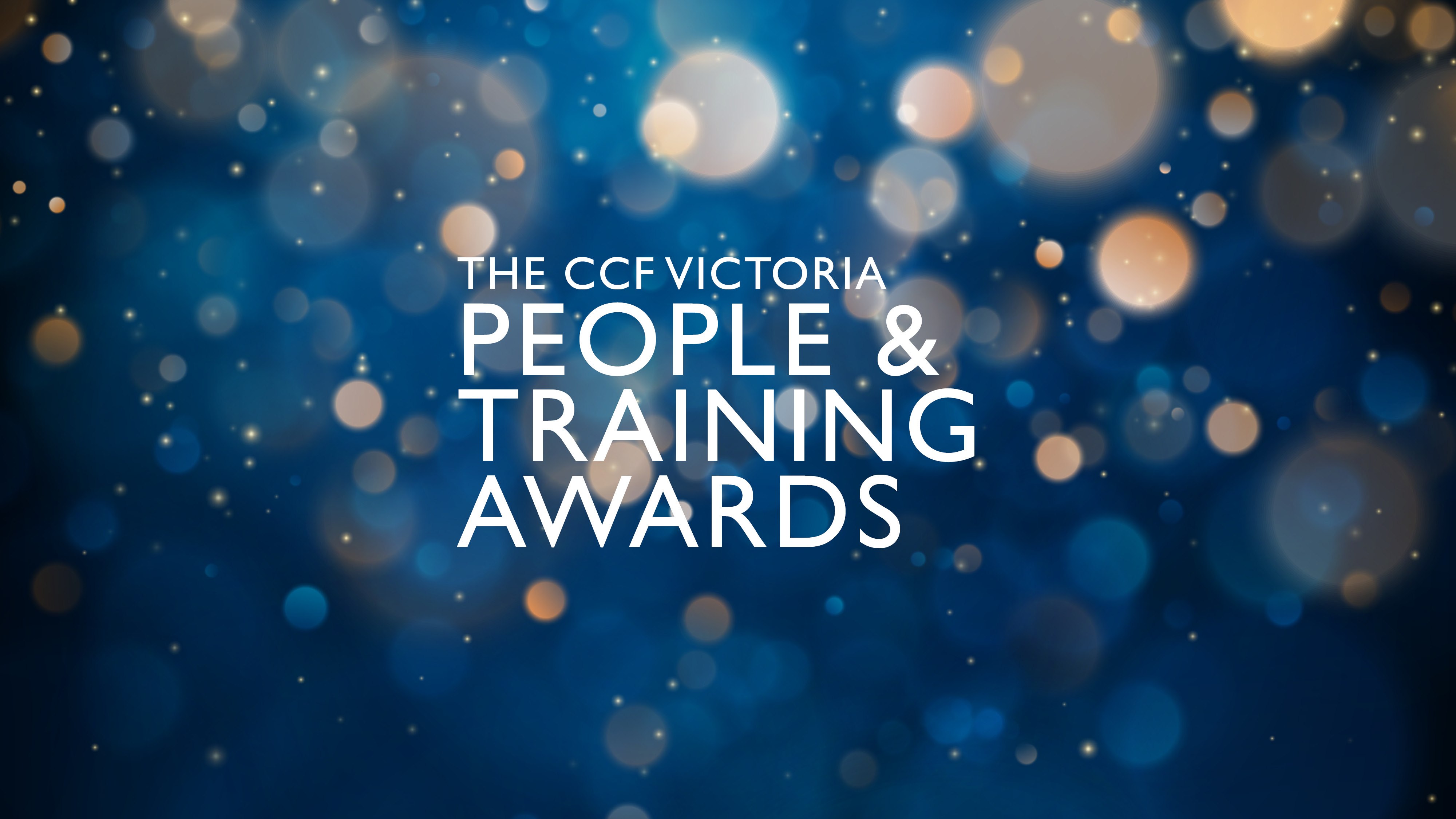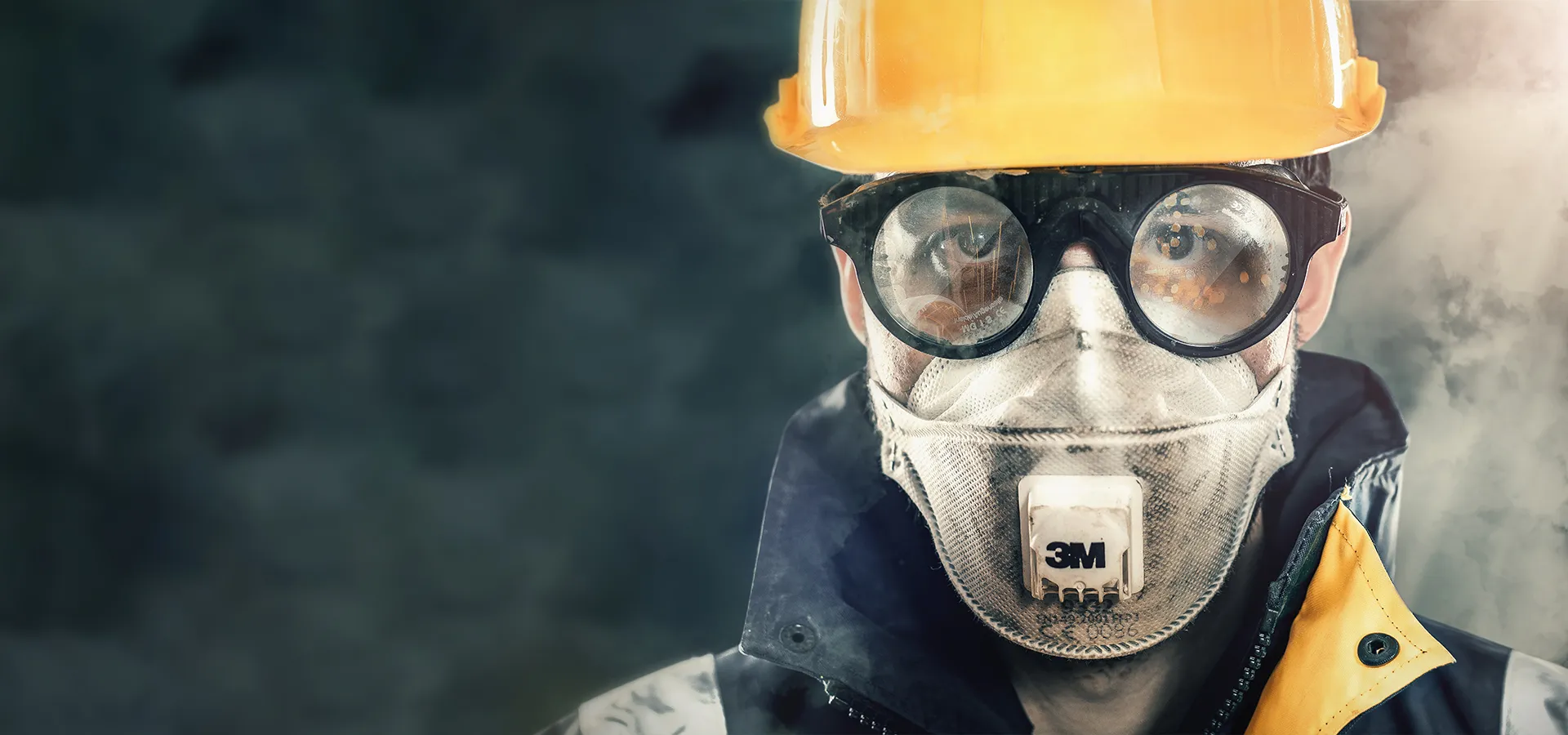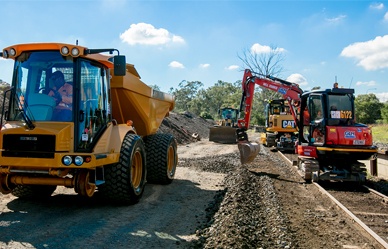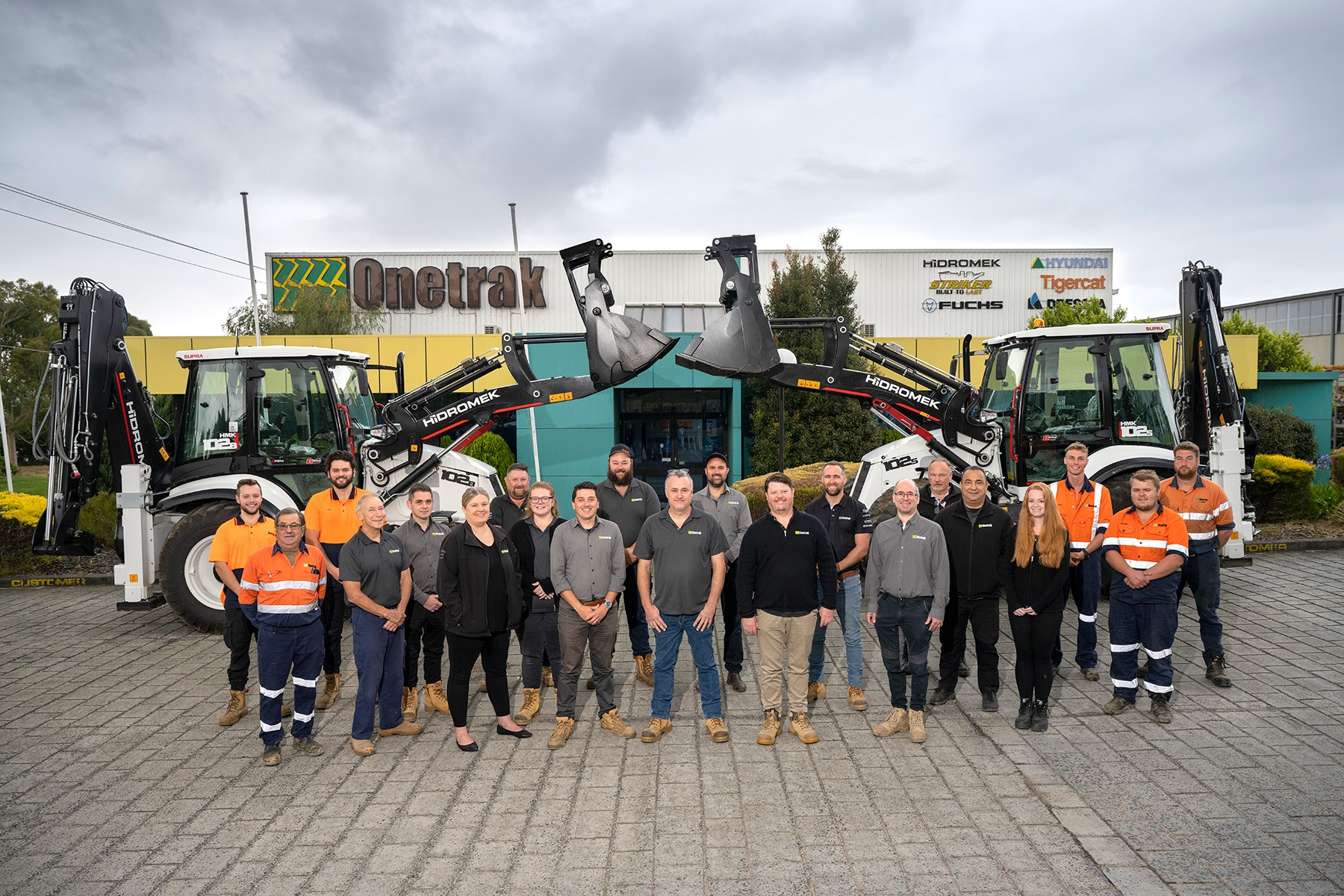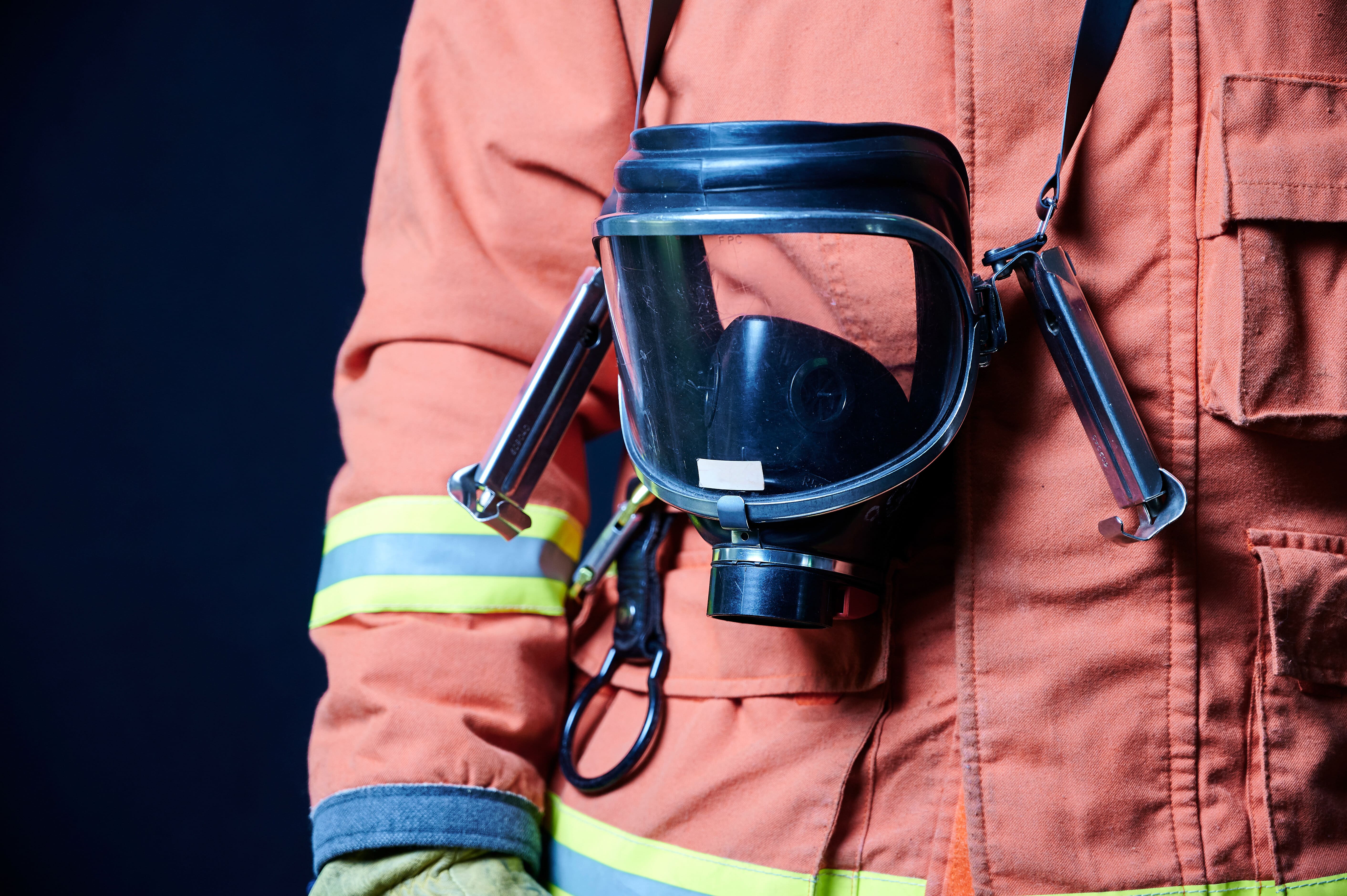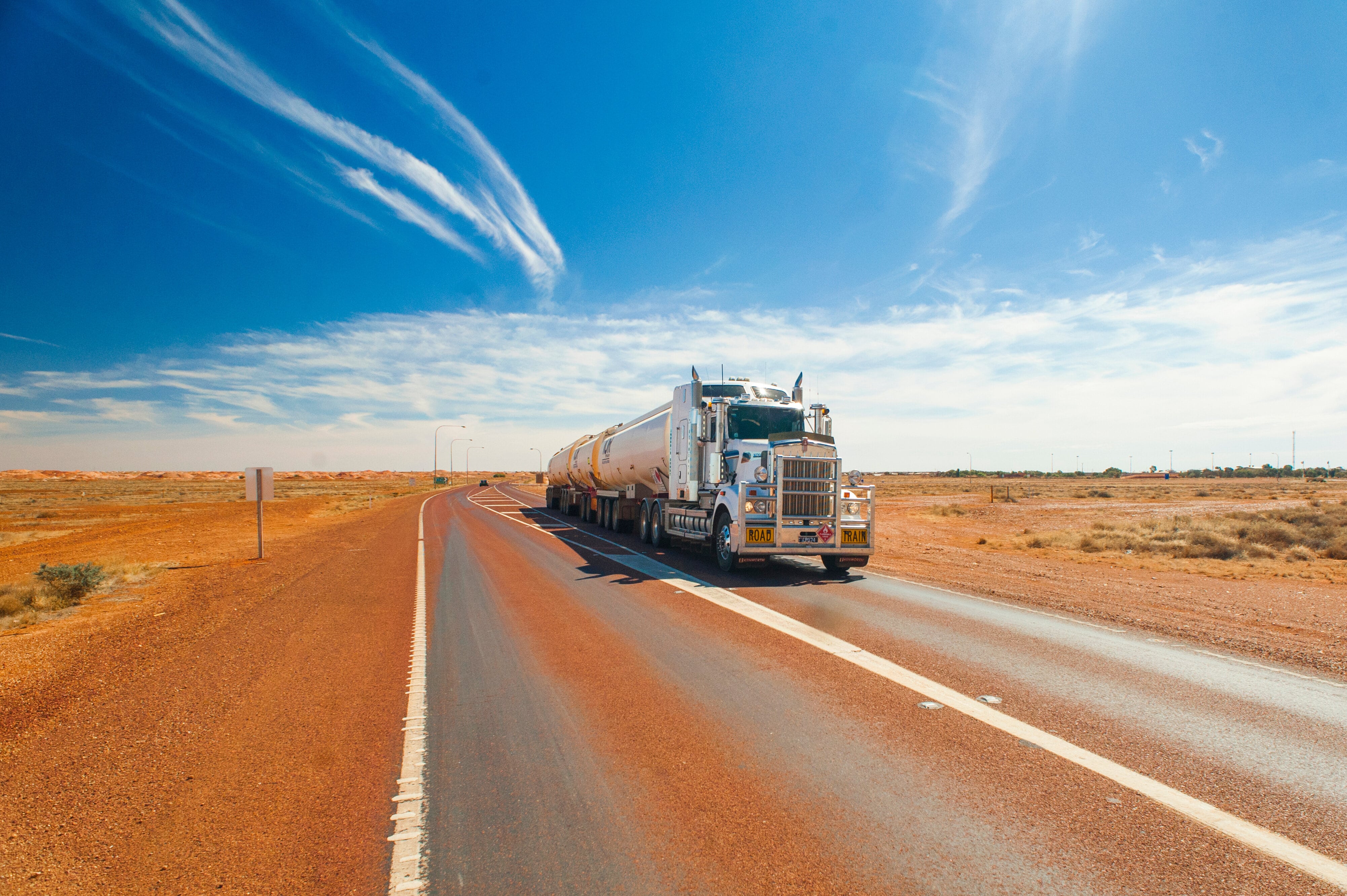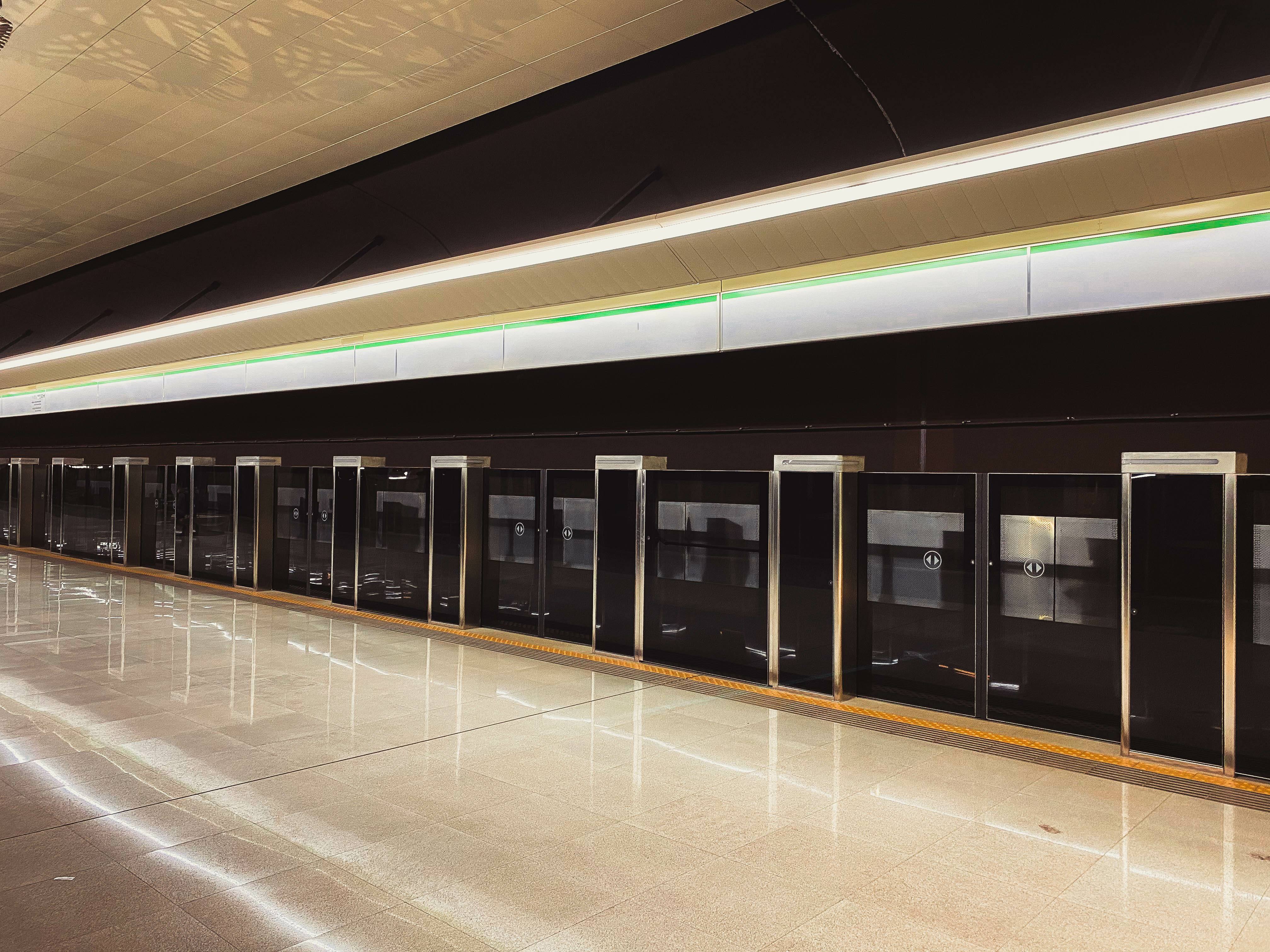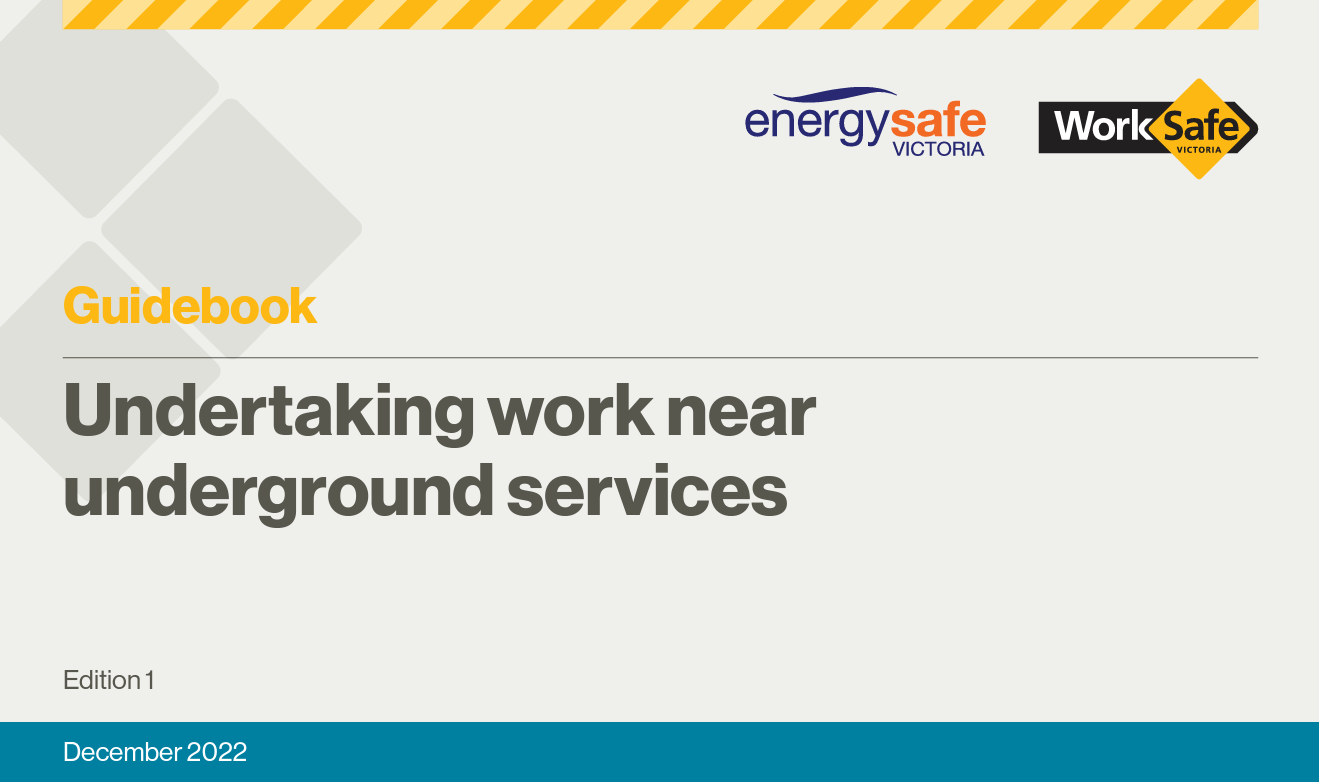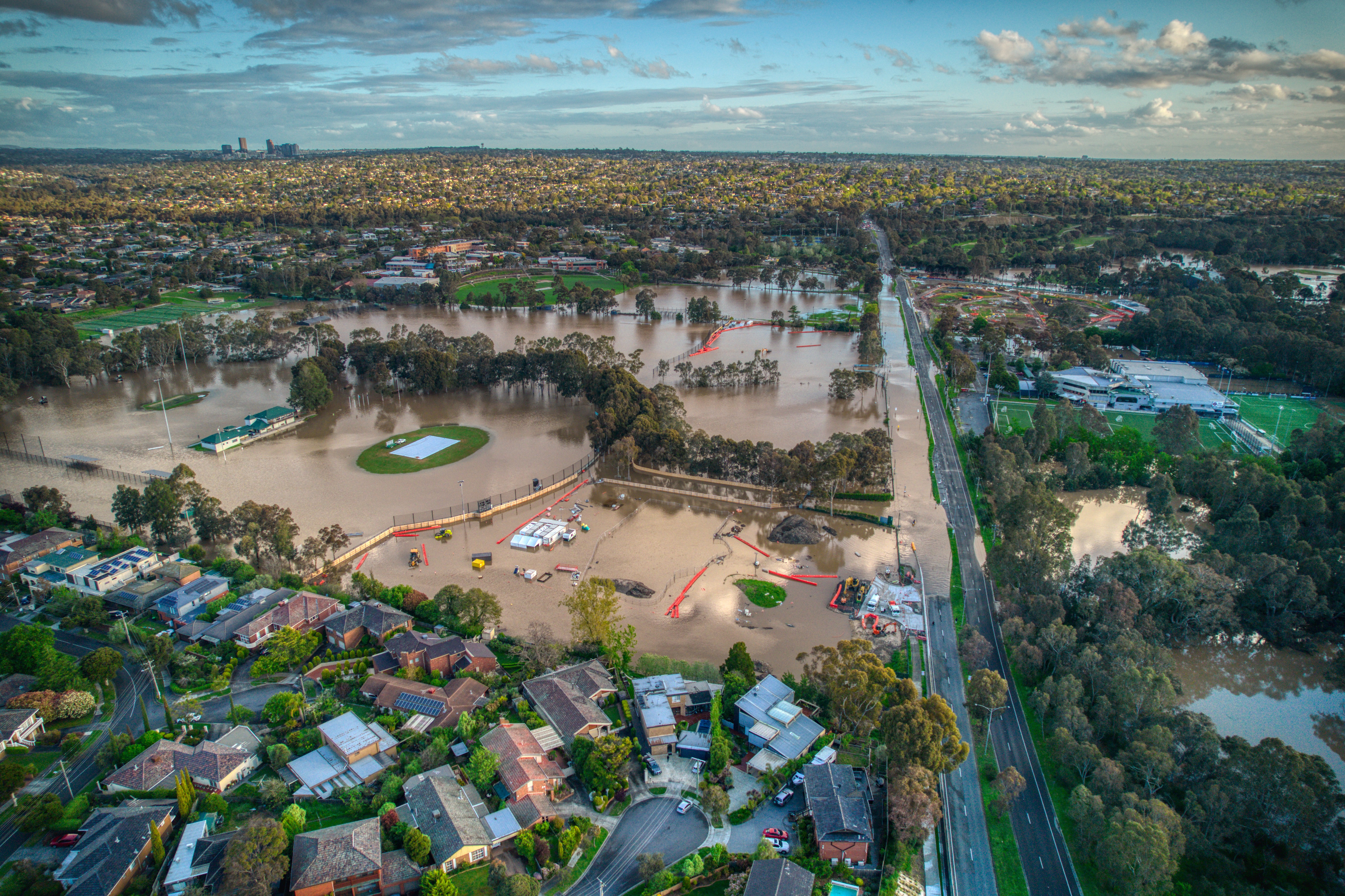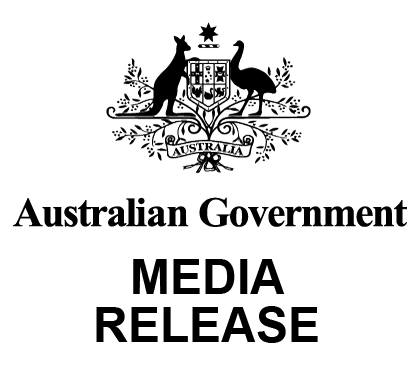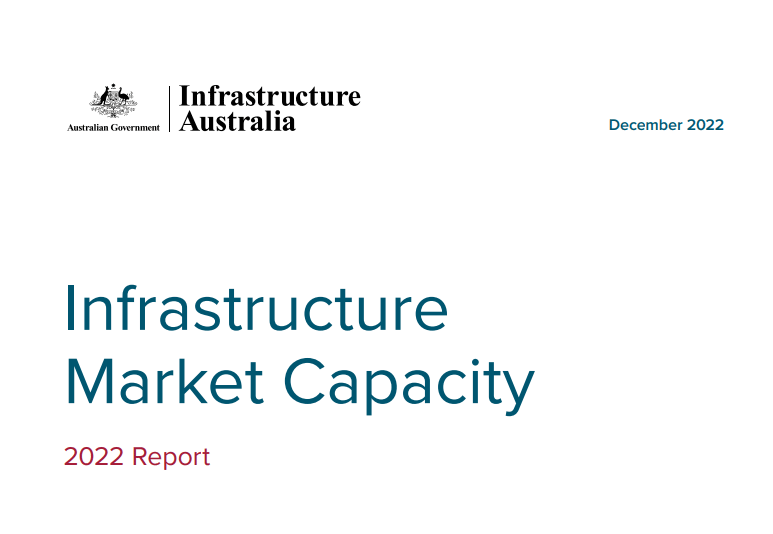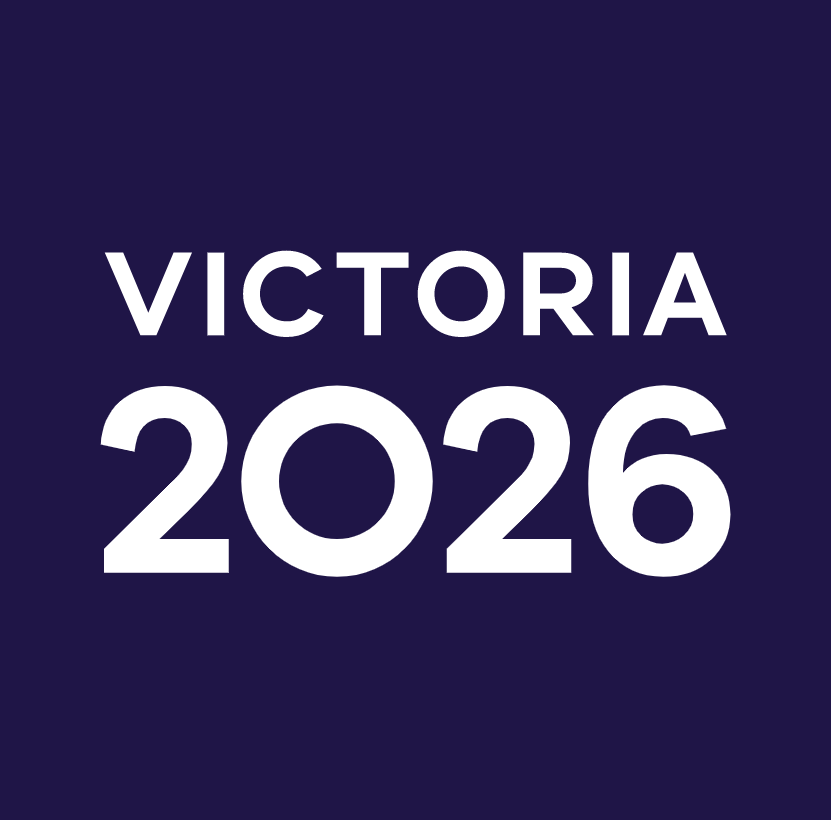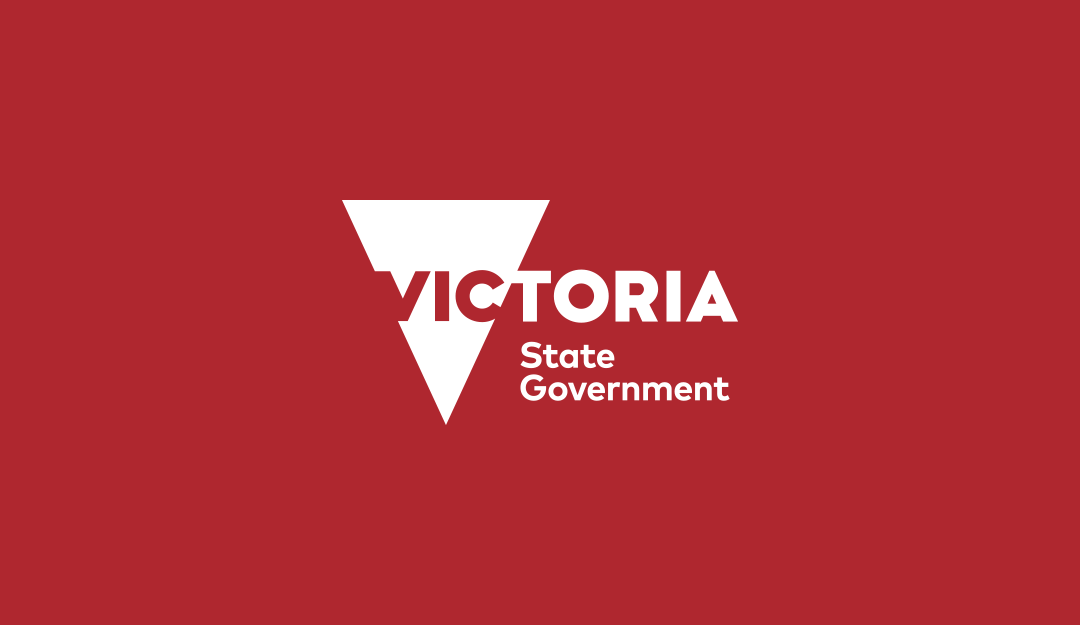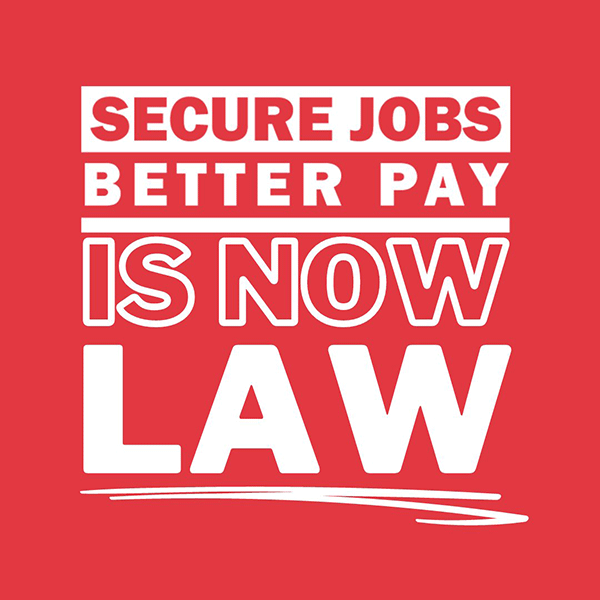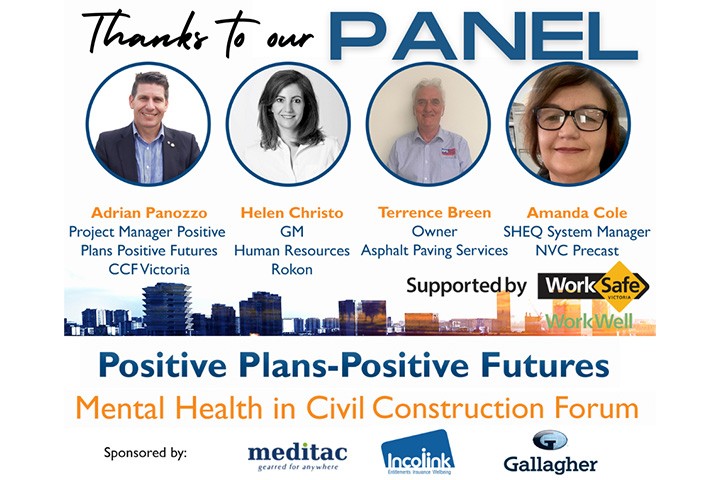The Victorian Government has announced Victoria’s new roadmap to deliver the National Plan.
The roadmap is based on expert modelling from the Burnet Institute and is set against COVID-19 thresholds including hospitalisation rates, and the vaccination targets already set out in the National Plan to transition Australia’s National COVID-19 Response.
The COVID-19 thresholds detailed in the roadmap will be important measures to maintain as Victoria moves through the different stages in order to safeguard the health system.
For information on Victoria’s roadmap to deliver the National Plan:
Roadmap – Delivering the National Plan: How we work
Indicative dates in the roadmap include:
- 26 September: 80 per cent of Victorians expected to have had at least one vaccination dose. This is Phase A of the National Plan.
- 26 October: 70 per cent of Victorians expected to have had both vaccination doses. This is Phase B of the National Plan and lockdown will end in Melbourne.
- 5 November: 80 per cent of Victorians expected to have had both vaccination doses. This is Phase C of the National Plan, and regional Victoria and metropolitan Melbourne will come together under the same rules.
- 19 November: once 80 per cent of Victorians aged 12 and over are fully vaccinated, restrictions will align with Phase D of the National Plan.
For more information about how the roadmap applies in metropolitan Melbourne and regional Victoria:
Summary of proposed restriction levels for metropolitan Melbourne
Summary of proposed restriction levels for regional Victoria
A one-page summary of the roadmap is also available:
Transition to a ‘vaccinated economy’
As we reach 70 per cent and 80 per cent double dose vaccination targets, the roadmap lists certain venues for opening – on the condition that all attendees are vaccinated. The government will conduct trials to support businesses and ensure we have the right systems in place.
Both one-off events and specific venues will be considered – with businesses permitted to operate with higher patron caps if all staff and patrons provide evidence of full vaccination. Areas in regional Victoria with highest vaccination rates and no COVID-19 cases will be the first to be considered for these trials.
Proof of vaccination options will also be part of the trials. The Service Victoria app will be integrated with a Medicare Certificate that shows proof of vaccination. Other proof of vaccination options may also be trialled to determine what works best for both businesses and patrons.
Important vaccination requirement update
The Burnet modelling shows the key to opening up and reducing risk in Victoria is making sure workers across the state are vaccinated.
Healthcare workers will be required to be vaccinated to work. The next workforce group prioritised for assessment will be school staff and childcare staff. And there will be more to say soon about Victoria Police and disability worker vaccinations requirements.
Victoria’s Chief Health Officer will assess vaccination requirements for all authorised workers and progressively assess requirements for each sector. There are already vaccine requirements for aged care, construction, and freight workforces.
Mandatory vaccinations …
Construction workers will be required to show evidence of their vaccination to their employer in order to continue working.
From 11.59pm Friday 17 September, employers must sight evidence from all workers of their COVID-19 vaccination status and keep up to date records of whether the employee has:
- at least one dose of COVID-19 vaccination, or
- proof of vaccine appointment to receive a first dose by Saturday 2 October, or
- proof of exemption evidenced by an authorised medical practitioner.
Anyone who attends a construction site will need to have a first dose of COVID-19 vaccination by 11:59pm Thursday, 23 September.
Construction workers can book an appointment by calling the Coronavirus hotline on 1800 675 398.
For more information refer to Additional industry obligations, including travel restrictions for construction workers, visit coronavirus.vic.gov.au
Other changes to restrictions announced …
Seven Day Lockdown: City of Greater Geelong, Surf Coast & Mitchell Shire
The Chief Health Officer has declared the City of Greater Geelong, the Surf Coast and Mitchell Shire will enter a seven-day lockdown commencing at 11.59pm on Sunday 19 September, with restrictions the same as those in the City of Ballarat and metropolitan Melbourne, excluding the curfew. For more information on the current restrictions, go to coronavirus.vic.gov.au.
Border update
The Chief Health Officer has also declared that 66 Local Government Areas in NSW, plus Jervis Bay, will move from an Extreme Risk Zone to a Red Zone under Victoria’s travel permit system.
This will help Victorians who have only been in these areas to come home, where they need to isolate for 14 days and get tested regularly. The areas changing are those which are not in lockdown and are listed at www.nsw.gov.au/covid-19/rules/limited-restrictions.
All LGAs on the NSW-Victorian border are becoming red zones – except for Albury, which is in lockdown. If you live in the cross-border community – and you haven’t left the cross-border area or you haven’t been in an Extreme Risk Zone any time in the previous 14 days – you can cross the border and enter Victoria without a permit for any reason.
People who have been in an Extreme Risk Zone – such as Albury – in the previous 14 days are still required to obtain a Cross-Border Community – Extreme Risk Zone permit and travel only for permitted reasons should they wish to enter or re-enter Victoria. Limited exemptions and exceptions, and other valid permits, apply.
For more info on Victoria’s travel permit system, visit www.coronavirus.vic.gov.au/victorian-travel-permit-system. These pages will be updated at 11:59pm to include the new areas in lockdown and the new travel zone designations.
Additional restrictions on tea rooms
Workers are not permitted to consume food or drink together indoors at sites, except water or if there is a medical requirement to consume food or drink. Employers must ensure that shared common areas are closed, excluding bathrooms, offices and first aid facilities.
Spaces such as tea rooms can continue to be used to prepare food and drink but masks may not be removed for eating and drinking and consumption must occur elsewhere. Workers should take their meal and rest breaks outdoors, as outdoor environments are better ventilated and have a lower risk of COVID-19 transmission.
These measures will enable construction to continue to operate optimally and protect worker safety. For more information on tea rooms please refer to construction frequently asked questions.
Other important information for CCF members
There have been negative media reports over the weekend targeted towards small scale and civil construction works, for not complying with COVIDSafe plans following the “Inspection Blitz” conducted by WorkSafe, DJPR and DoJ officers.
While the number of infringements and prohibition notices issued for non-compliance is not known, every contractor and worker has an important role to play. It’s critical for our industry that we continue to be COVIDSafe and comply with restrictions.
Check your COVIDSafe Plan is up to date. Support your workers to get vaccinated – it is our way out of this pandemic.
I will be meeting with DJPR this week, together with key industry stakeholders and businesses on what the roadmap means for the civil construction industry as it and the wider community meets mandatory vaccination requirements.
I thank you all for your patience and understanding in responding to the many member enquiries. CCF members should make their own enquiries specific to their circumstances and this update / alert is provided in good faith and as a guide.
We will keep you abreast of key developments as they are announced by Government.


